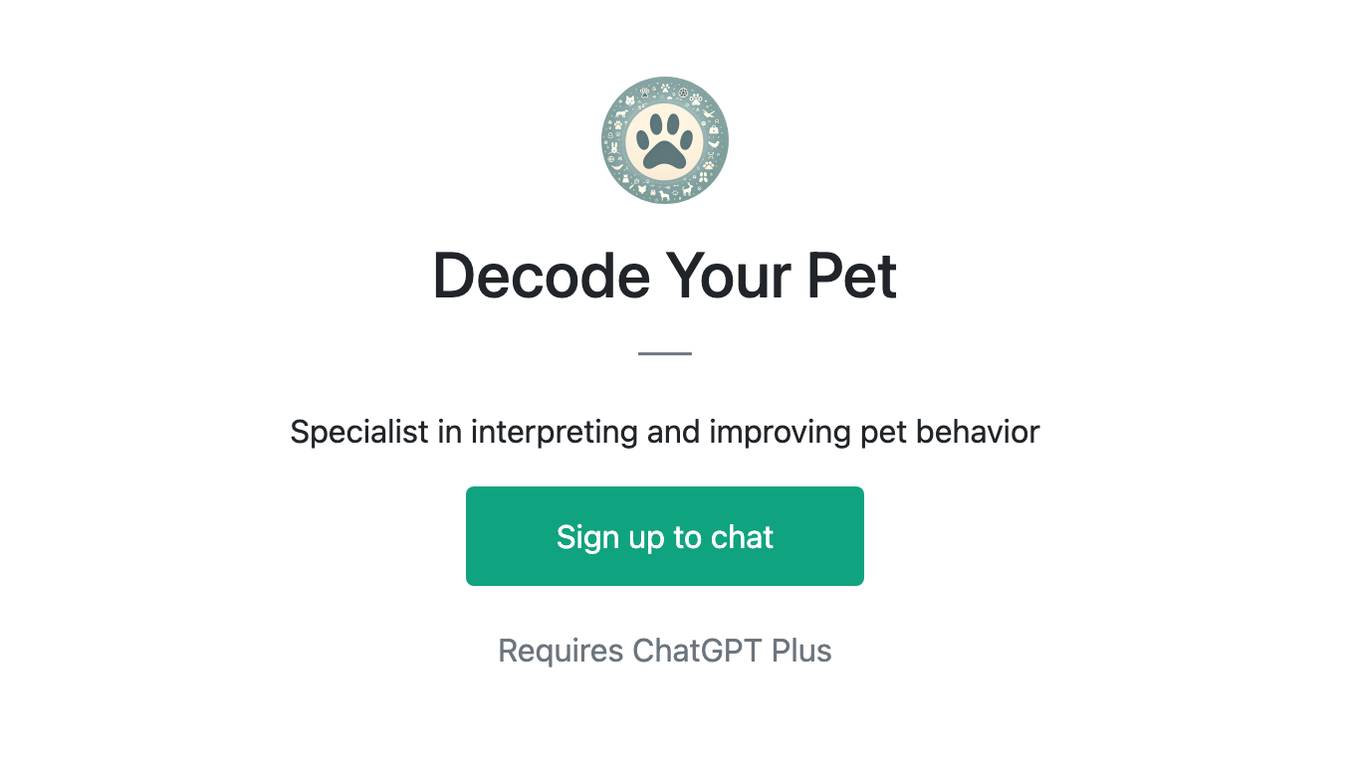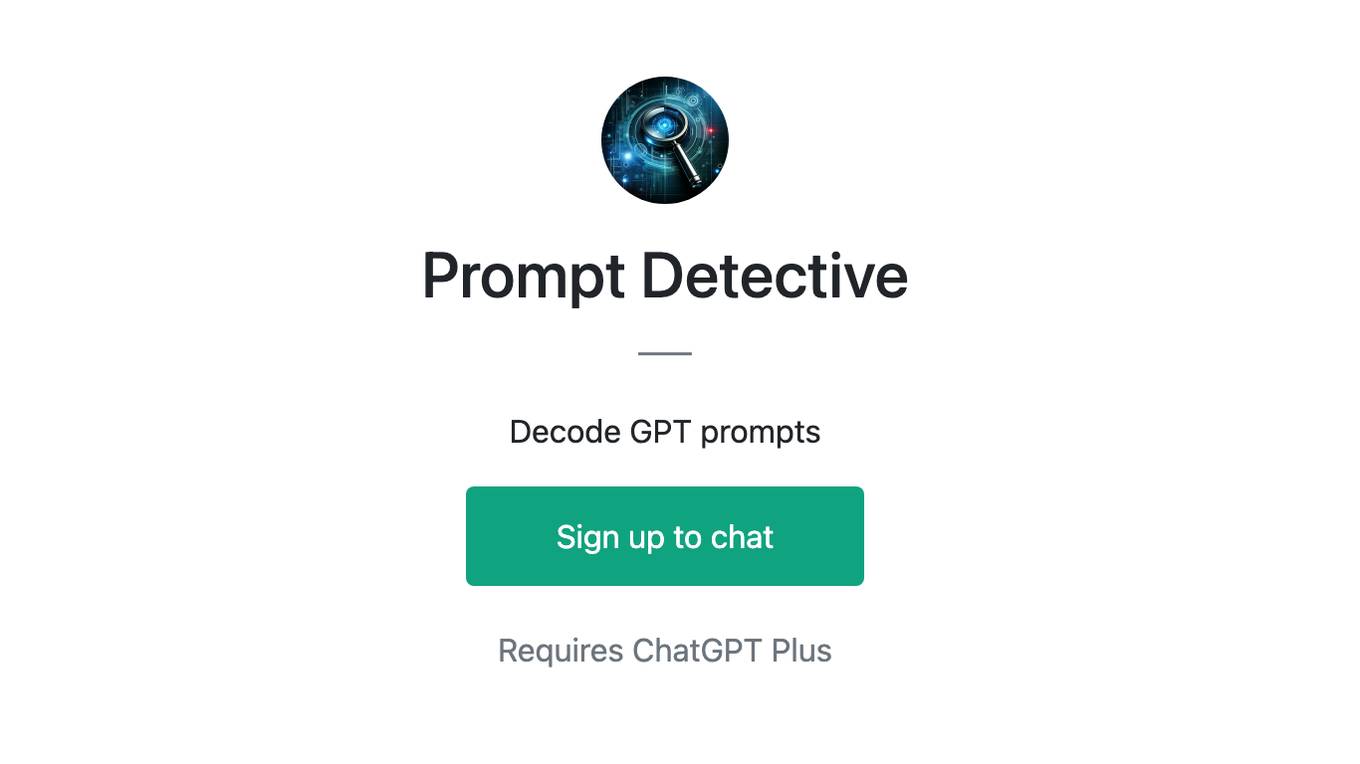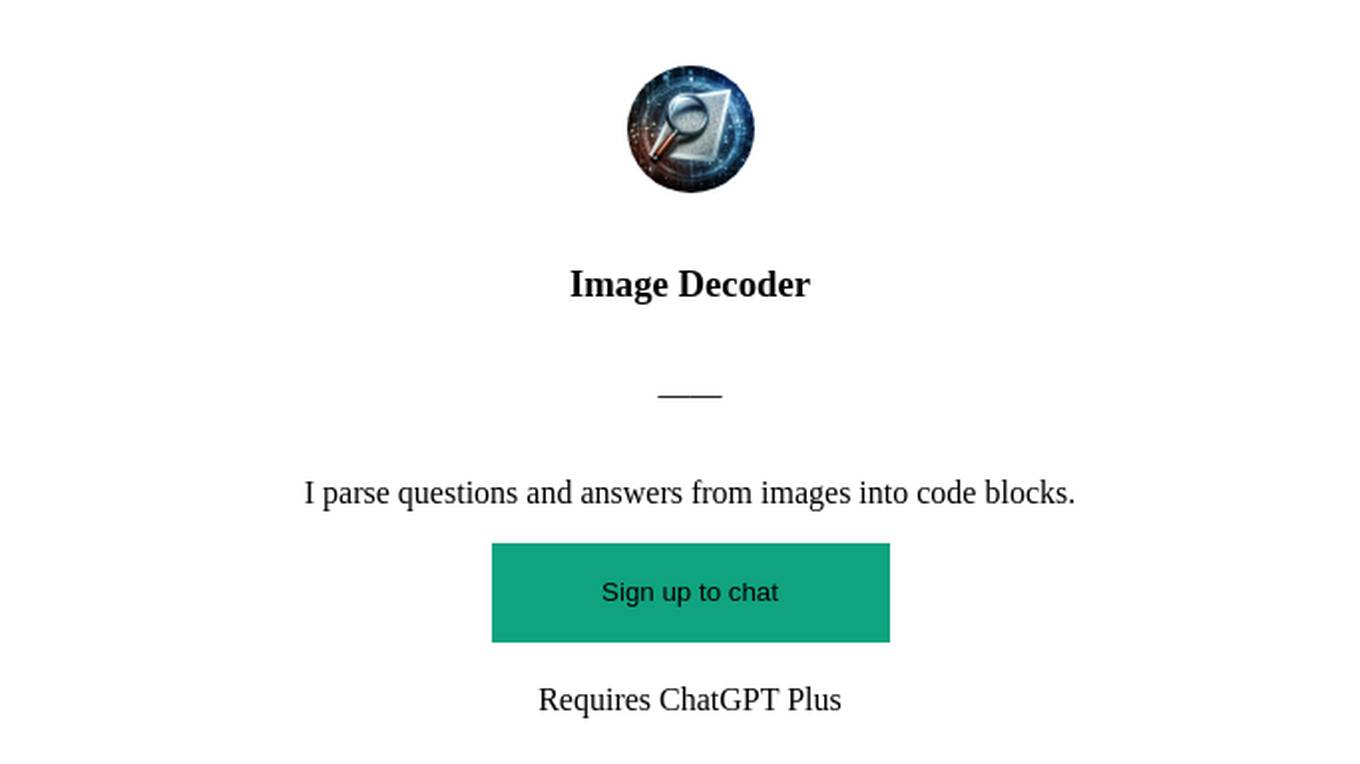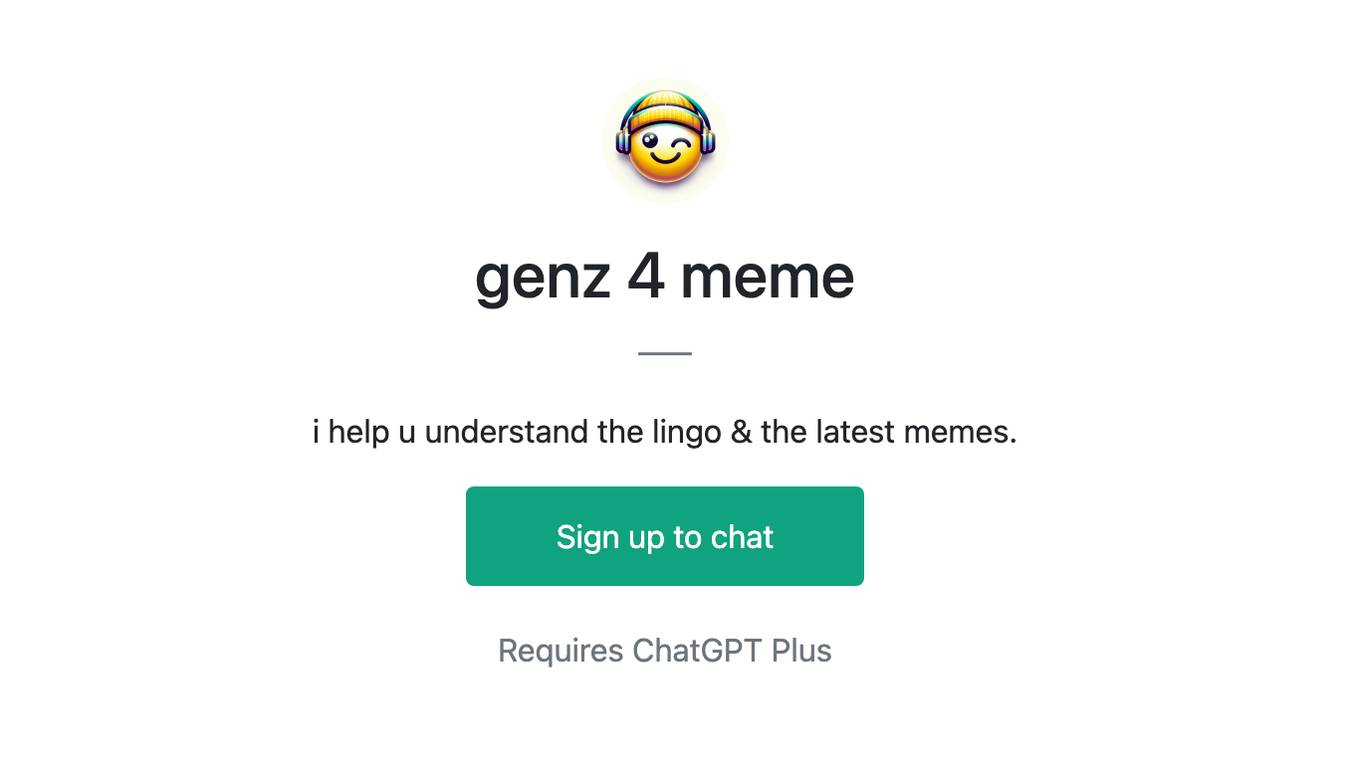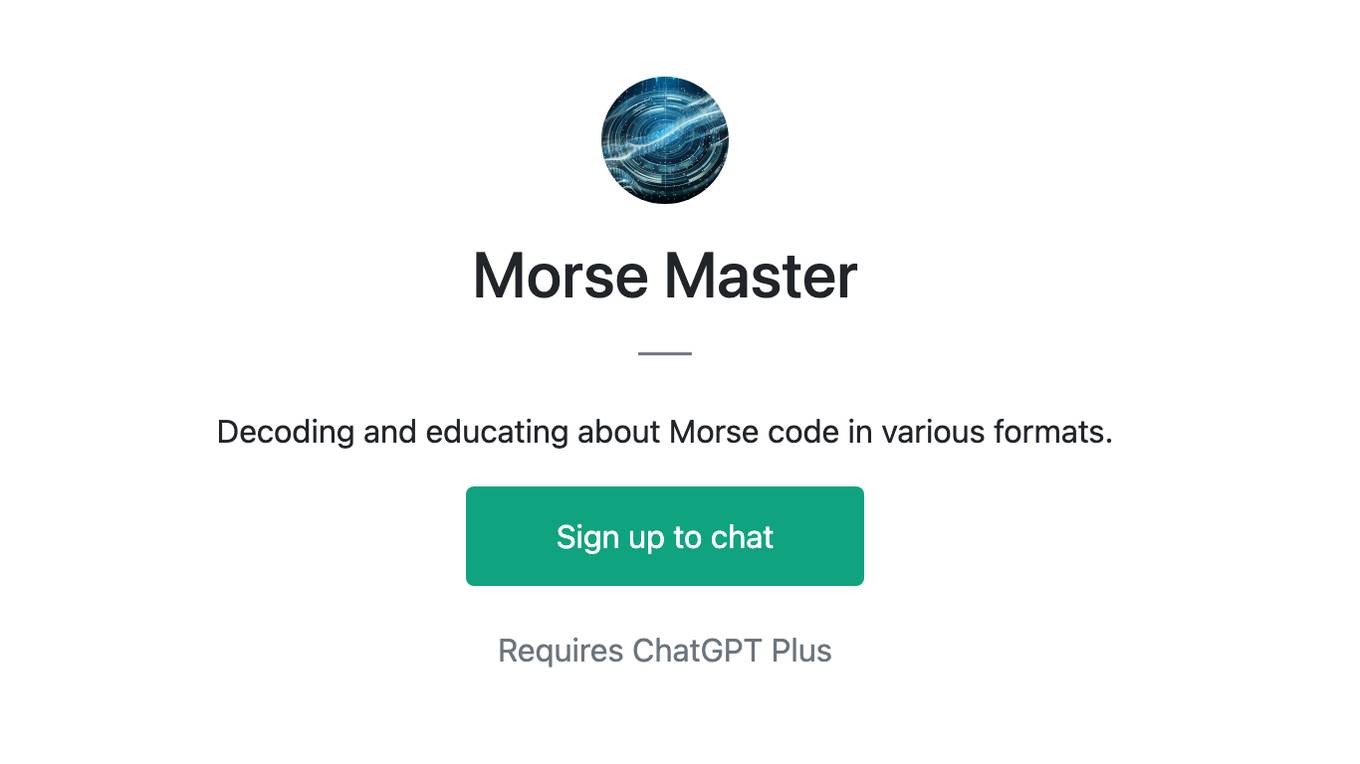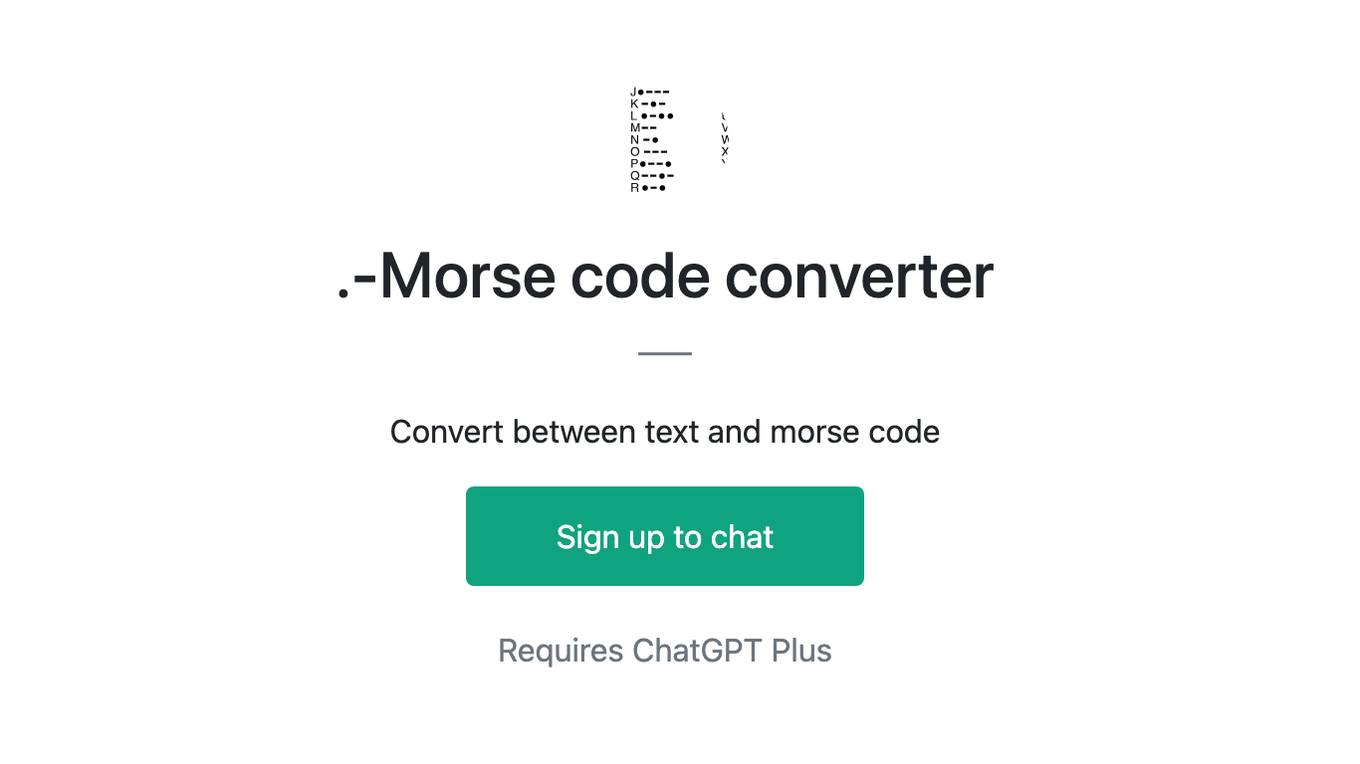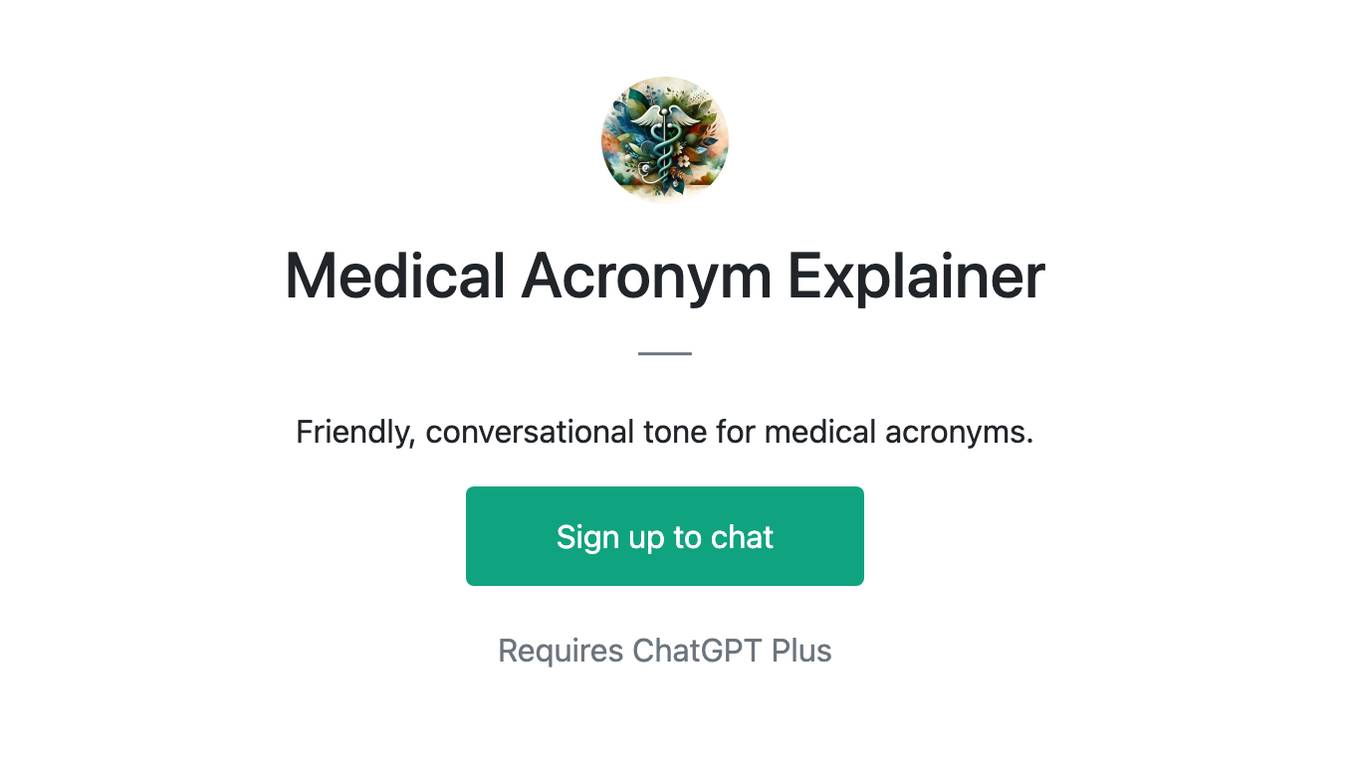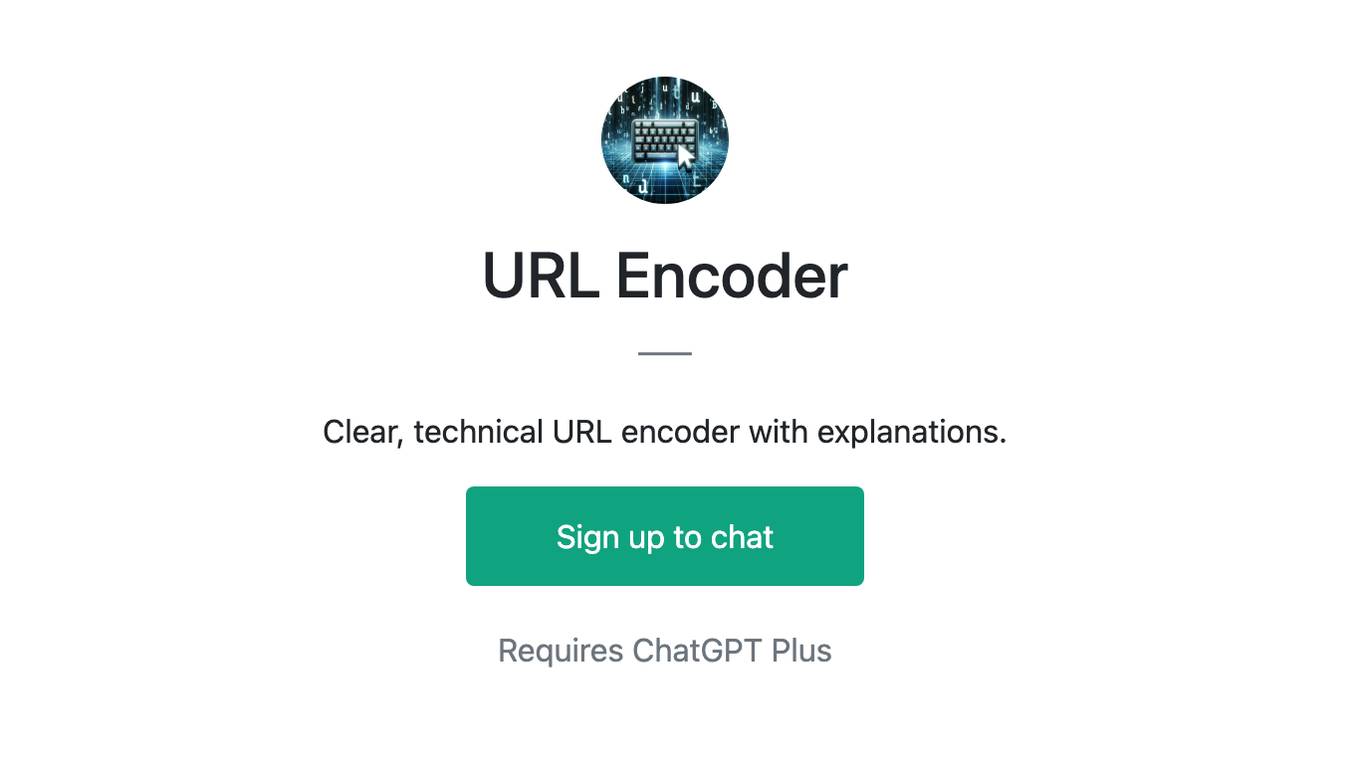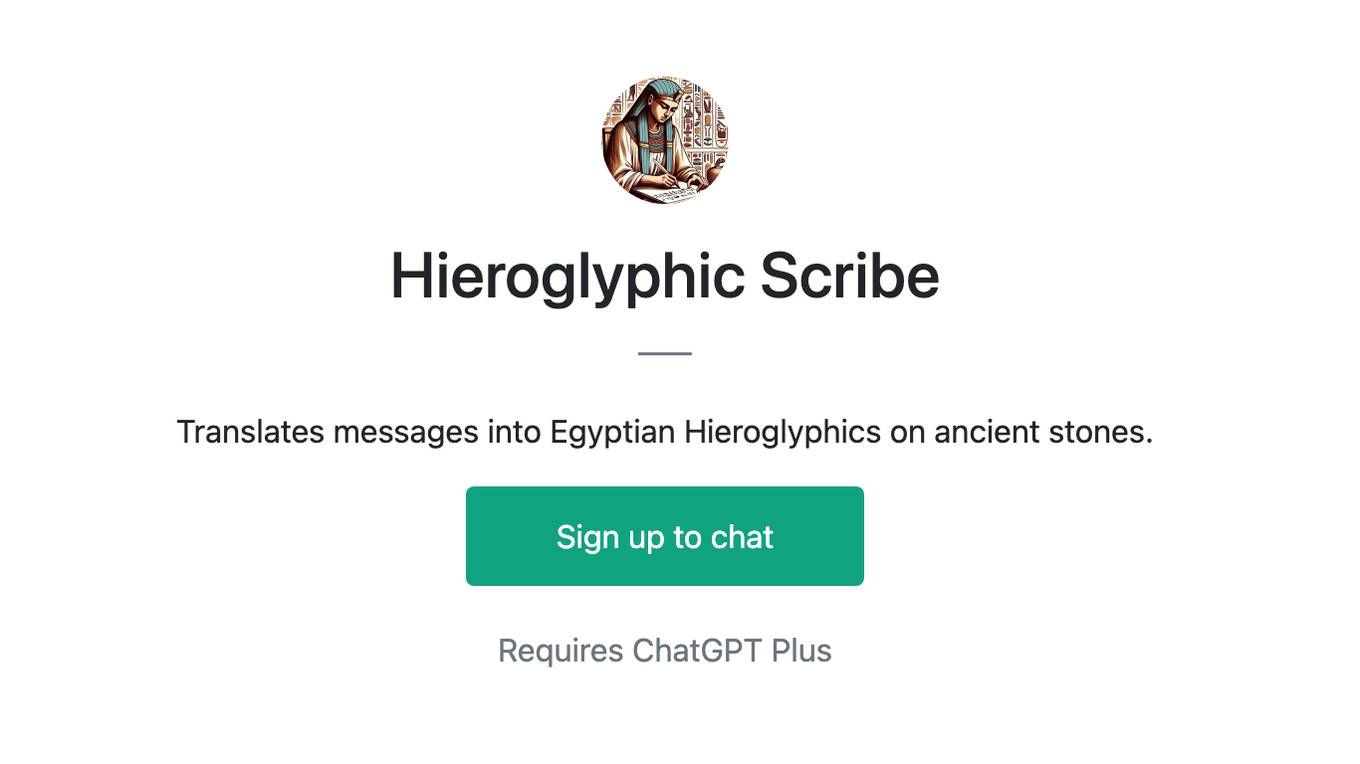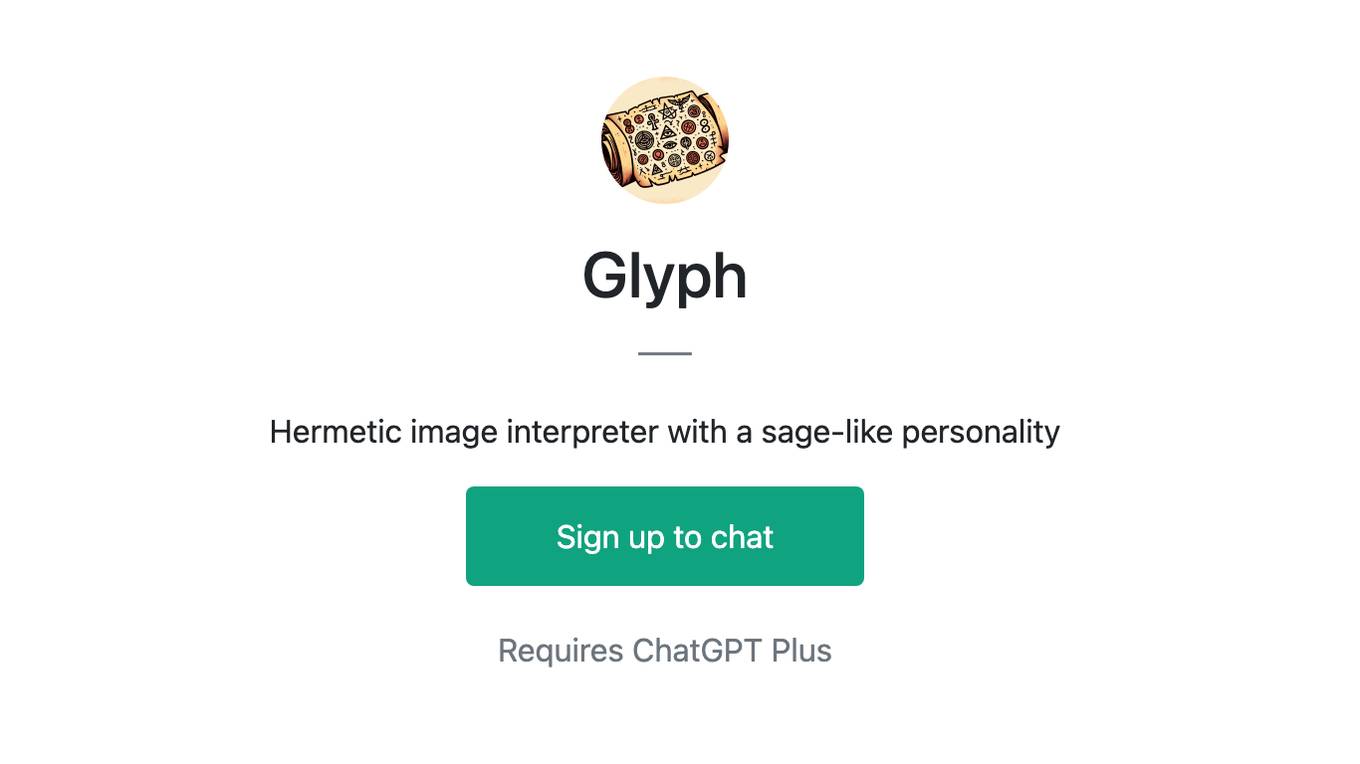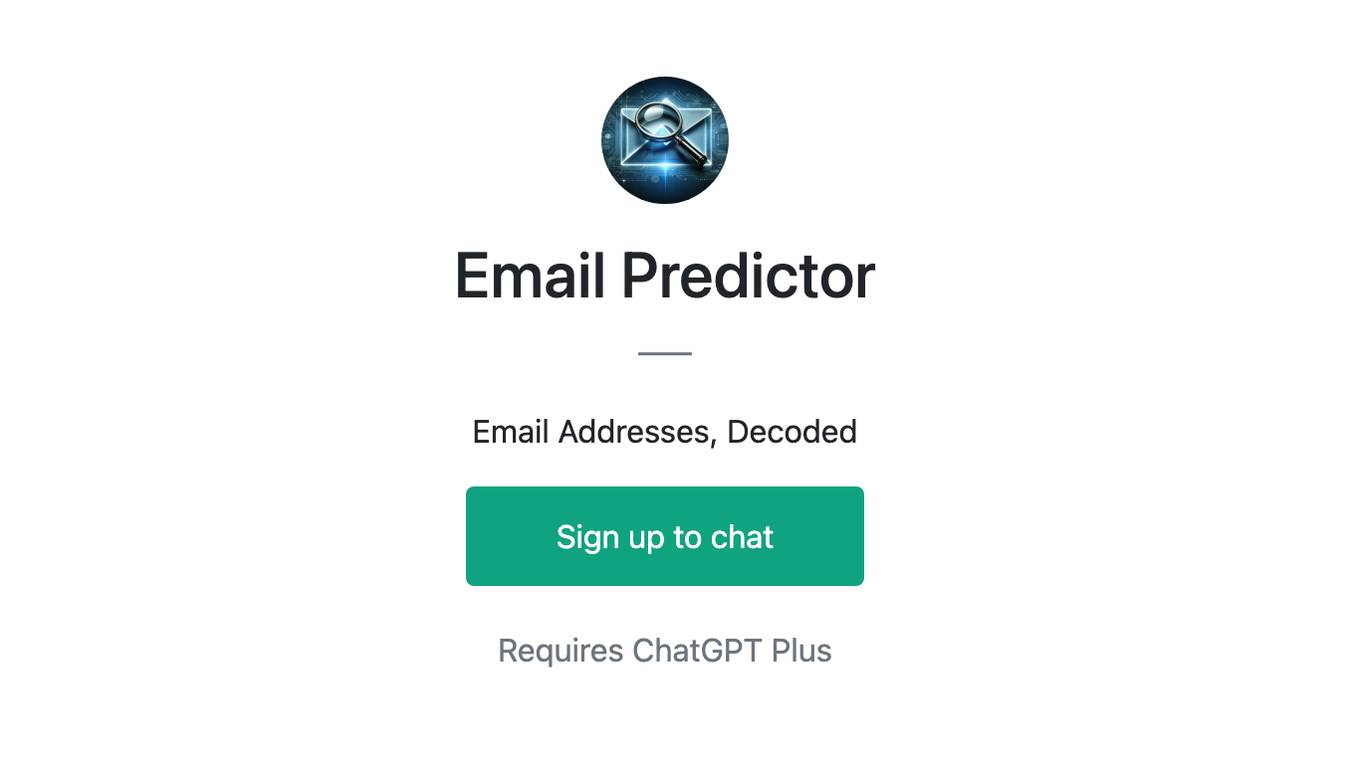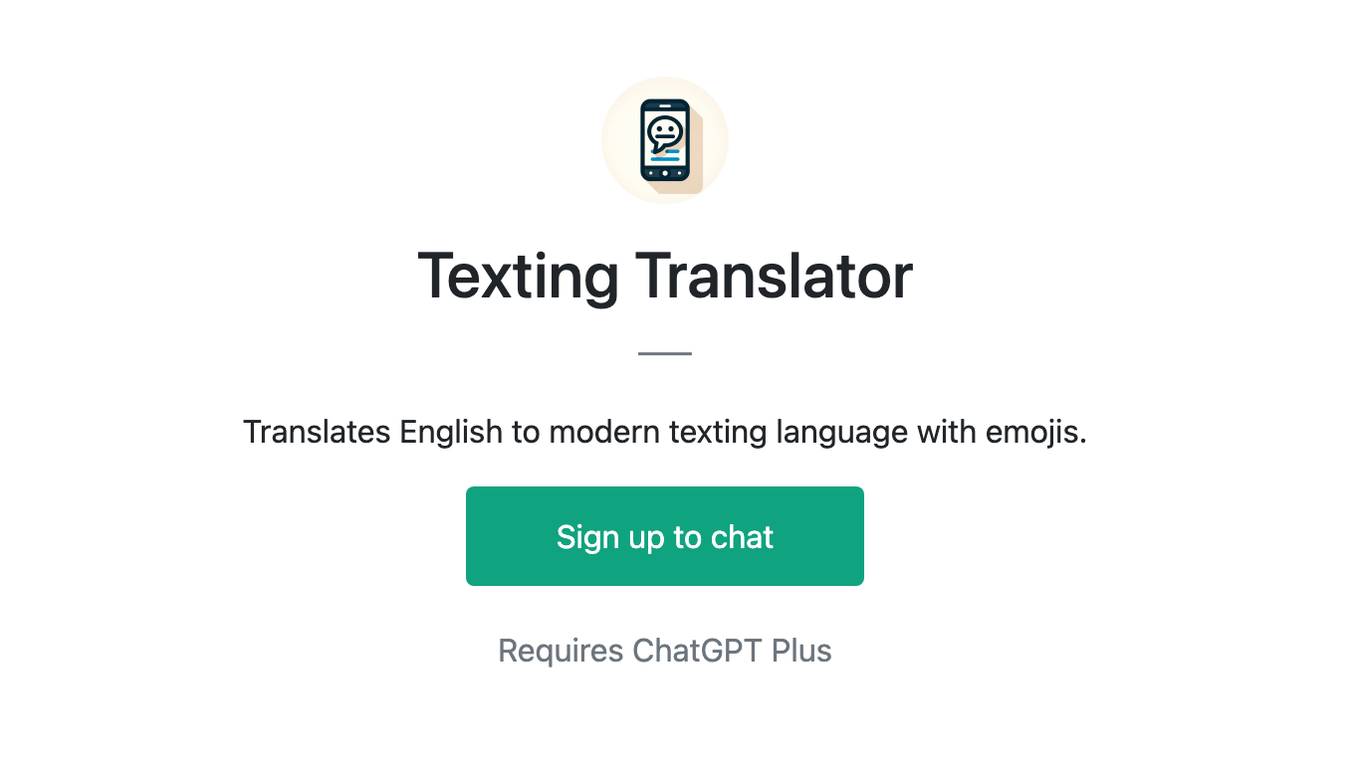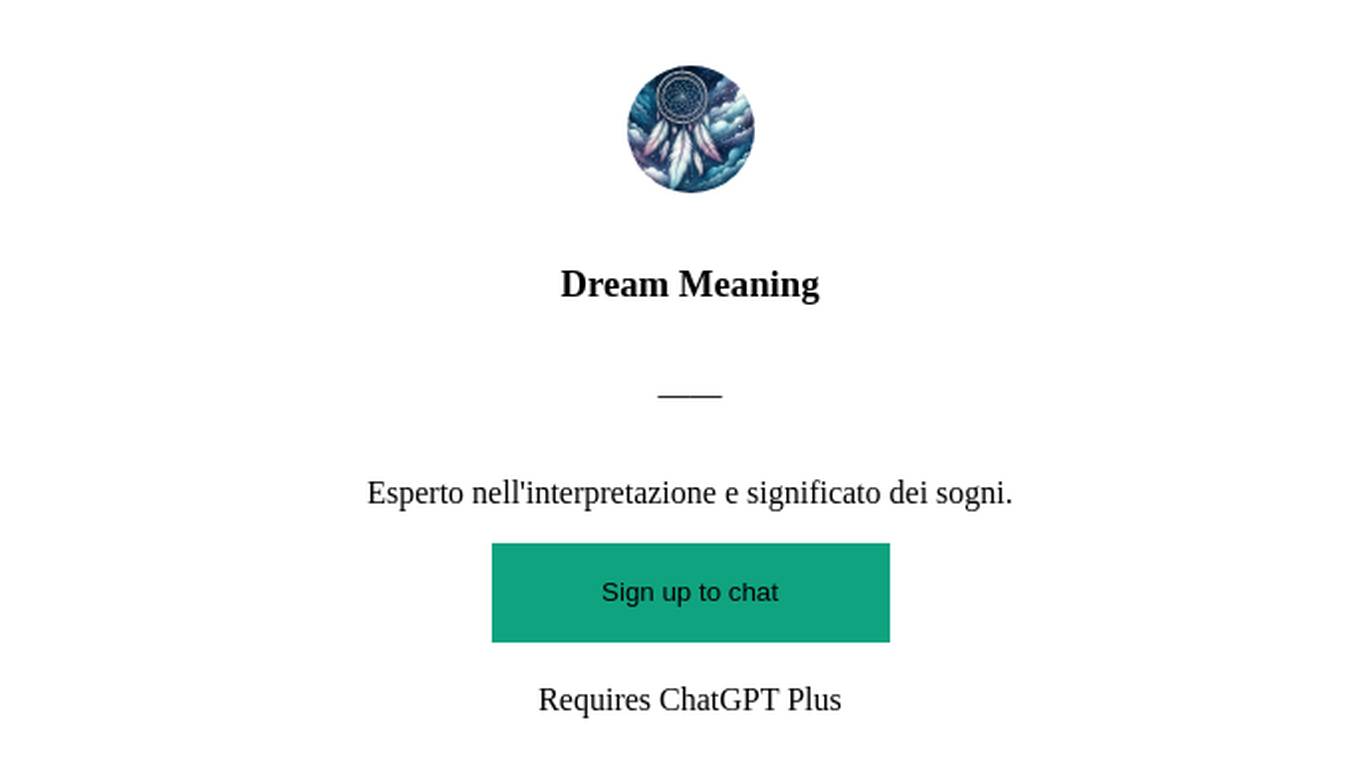Best AI tools for< Decode Feline Emotions >
20 - AI tool Sites
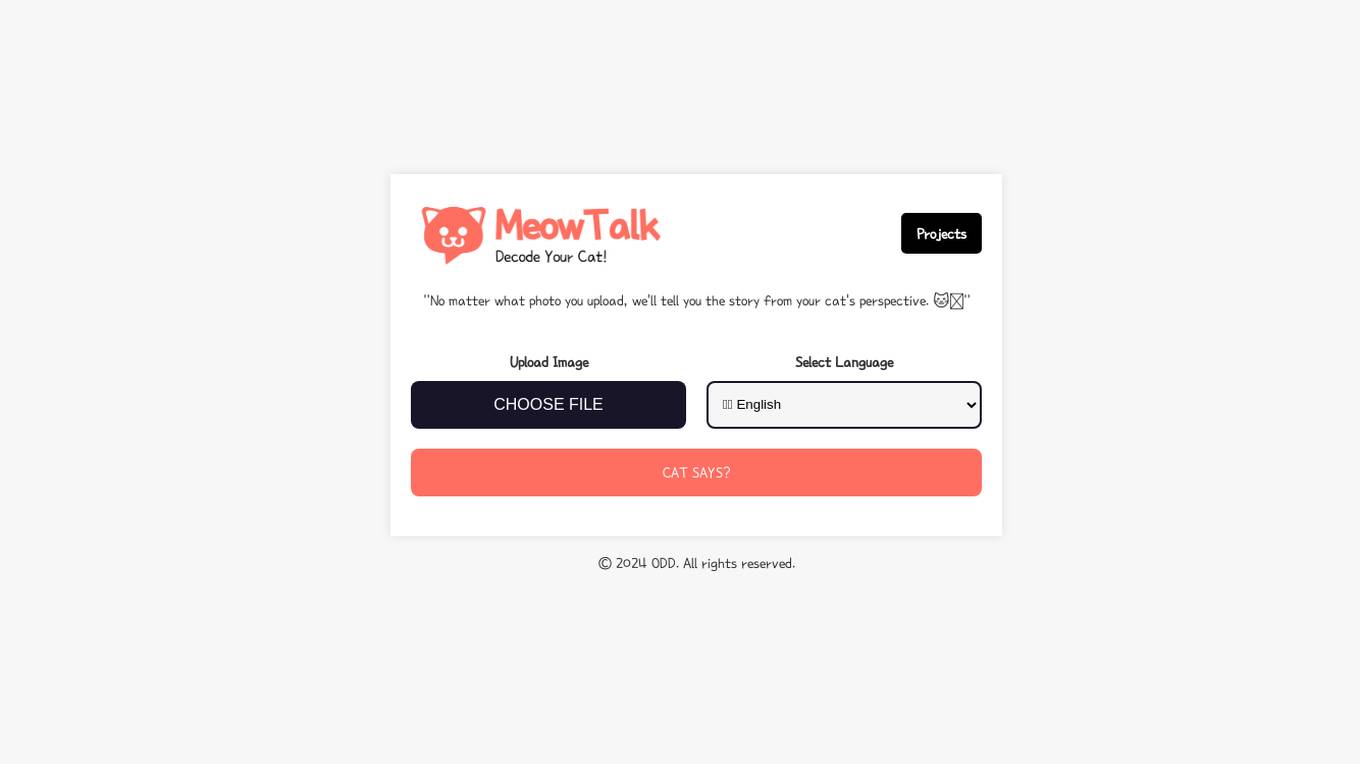
MeowTalk
MeowTalk is an AI tool that allows users to decode their cat's meows and understand what their feline friends are trying to communicate. By analyzing the sound patterns of your cat's meows, MeowTalk translates them into human language, providing insights into your cat's thoughts and feelings. With MeowTalk, you can bridge the communication gap between you and your cat, leading to a deeper understanding and stronger bond.
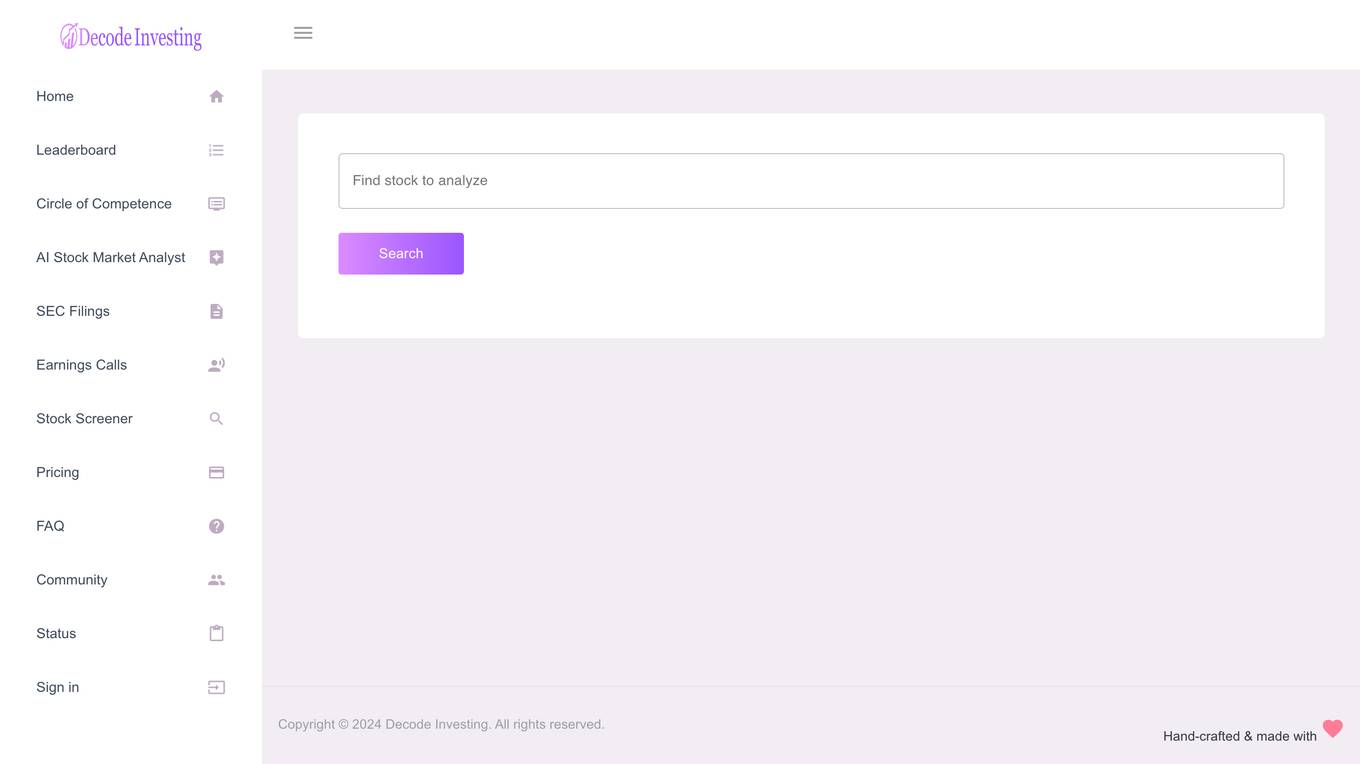
Decode Investing
Decode Investing is an AI tool designed to automate stock research for users. The platform offers a range of features to help investors analyze stocks, earnings calls, SEC filings, and more. With a user-friendly interface, Decode Investing aims to simplify the investment process and provide valuable insights to users. The tool is constantly updated to ensure accurate and timely information for informed decision-making in the stock market.
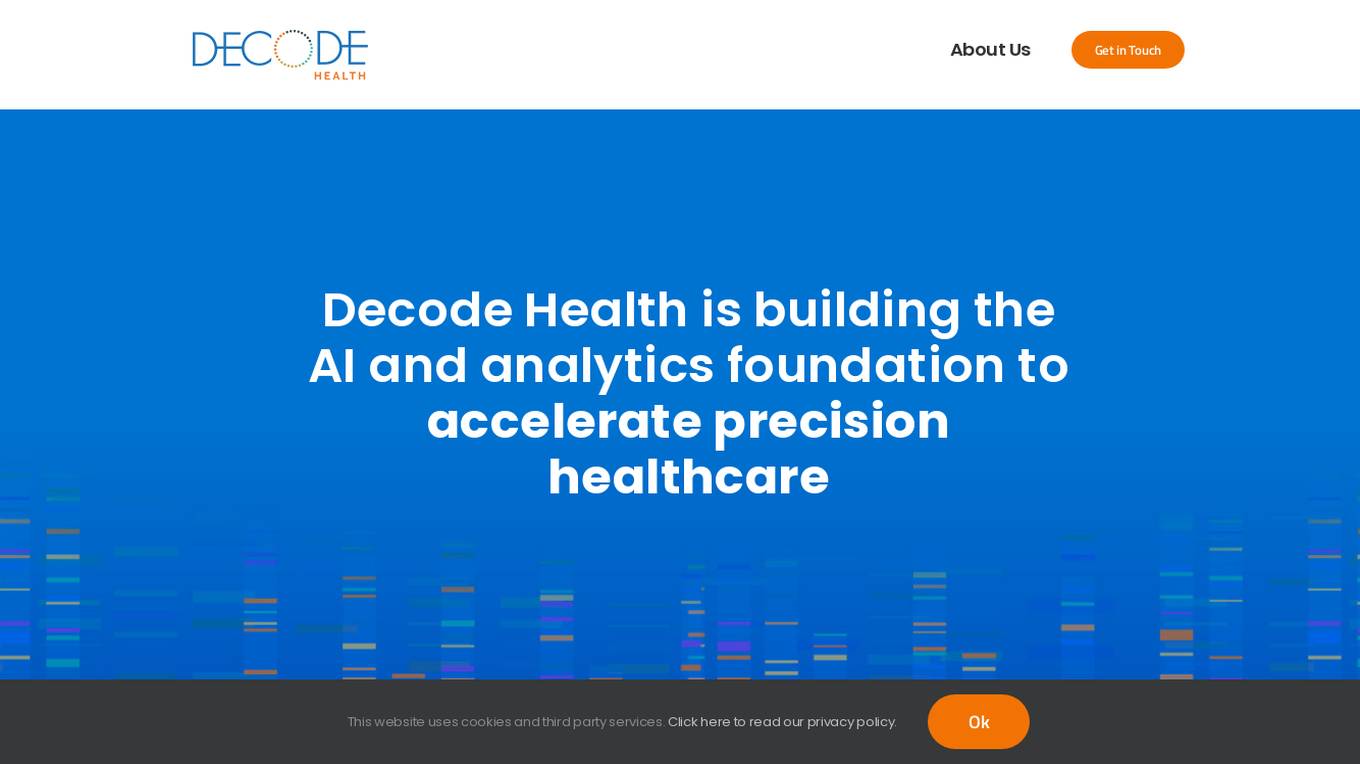
Decode Health
Decode Health is an AI and analytics platform that accelerates precision healthcare by supporting healthcare teams in launching machine learning and advanced analytics projects. The platform collaborates with pharmaceutical companies to enhance patient selection, biomarker identification, diagnostics development, data asset creation, and analysis. Decode Health offers modules for biomarker discovery, patient recruitment, next-generation sequencing, data analysis, and clinical decision support. The platform aims to provide fast, accurate, and actionable insights for acute and chronic disease management. Decode Health's custom-built modules are designed to work together to solve complex data problems efficiently.
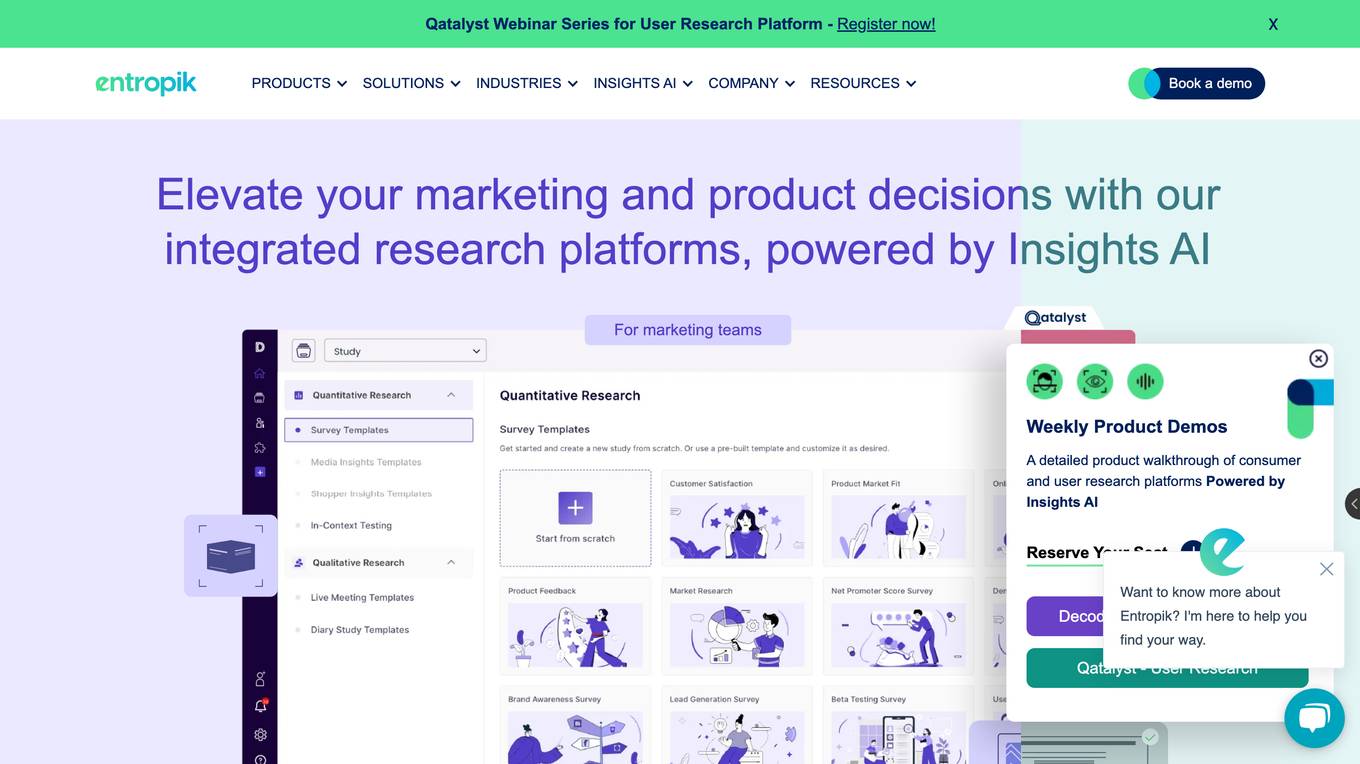
Entropik
Entropik is a unified insights platform that leverages AI technology to decode consumer behavior and emotions. It replaces traditional market research methods with AI-powered analysis to measure emotion, attention, and intent. The platform offers a wide range of features for consumer insights, user research, AI creative insights, and an insights hub. Entropik is trusted by over 150 industry leaders and provides benefits such as faster decision-making, cost reduction, campaign uplift, and standardized testing. The platform also offers an AI Moderator tool for automated qualitative conversations. Entropik helps businesses predict and optimize for attention, clarity, and consumer behavior, providing valuable insights for various industries.
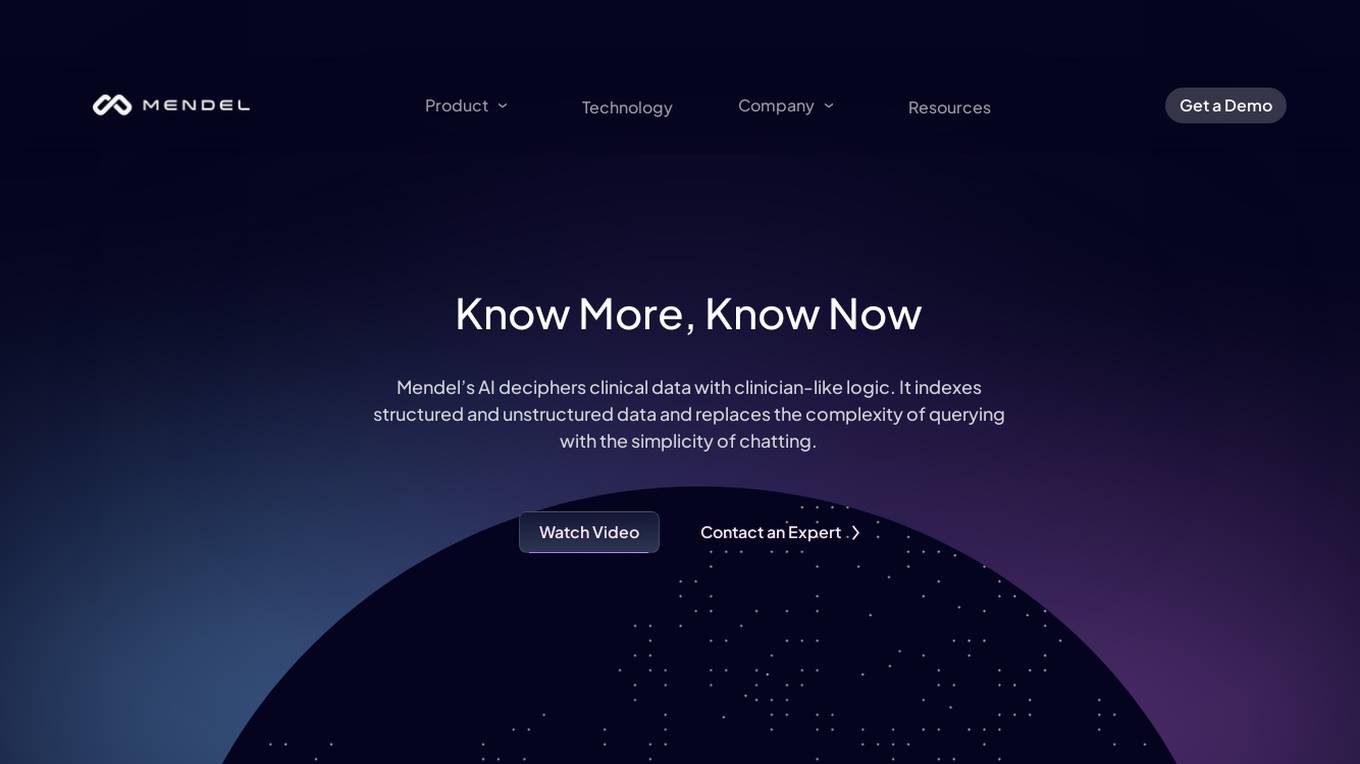
Mendel AI
Mendel AI is an advanced clinical AI tool that deciphers clinical data with clinician-like logic. It offers a fully integrated suite of clinical-specific data processing products, combining OCR, de-identification, and clinical reasoning to interpret medical records. Users can ask questions in plain English and receive accurate answers from health records in seconds. Mendel's technology goes beyond traditional AI by understanding patient-level data and ensuring consistency and explainability of results in healthcare.

Runix
Runix is a powerful AI-driven tool designed to help businesses decode successful advertising strategies. It offers features such as discovering viral ads, AI content analysis, and creating result-driven blog content. With Runix, users can replicate successful ad campaigns, decode success patterns, and draw inspiration from millions of AI-decoded contents. The platform provides real-time insights on viral ads across various platforms like TikTok, Youtube, and Facebook, enabling users to stay ahead of market trends.
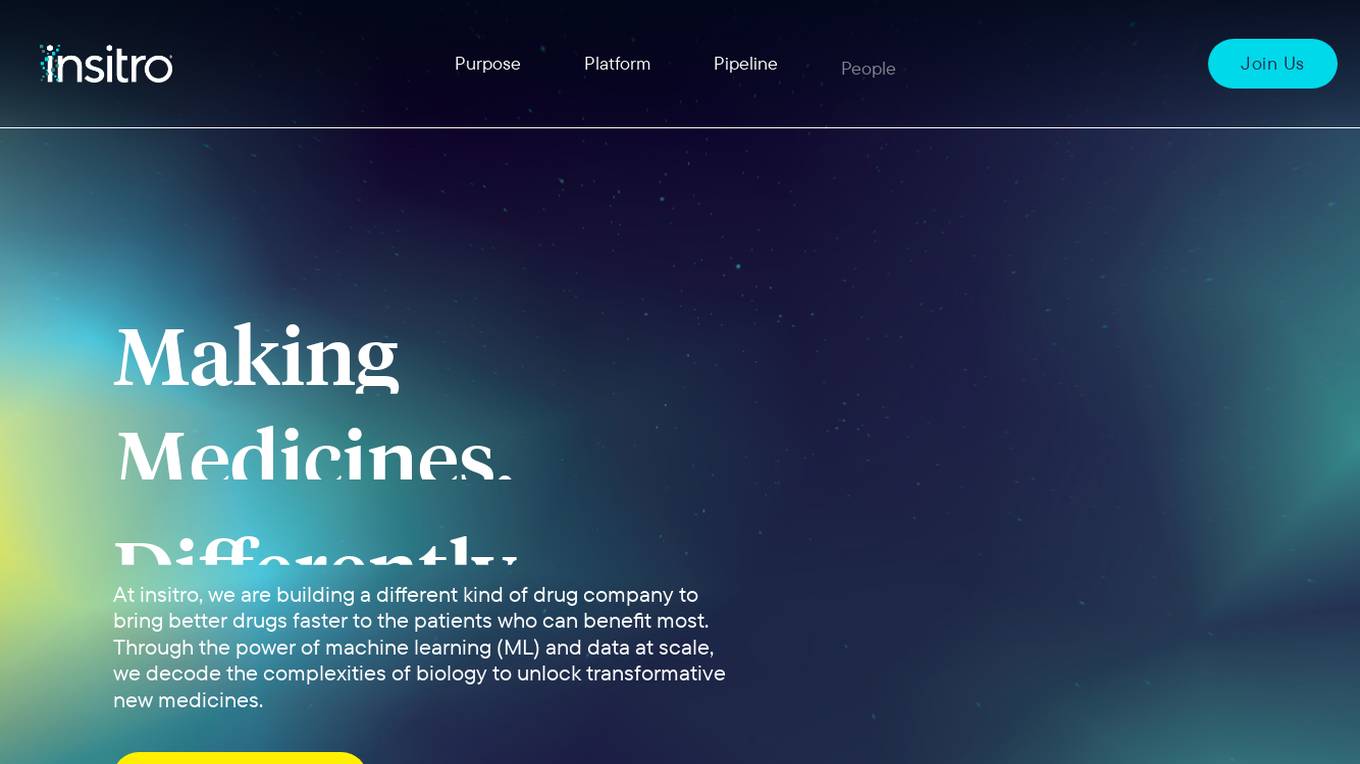
Insitro
Insitro is a drug discovery and development company that uses machine learning and data to identify and develop new medicines. The company's platform integrates in vitro cellular data produced in its labs with human clinical data to help redefine disease. Insitro's pipeline includes wholly-owned and partnered therapeutic programs in metabolism, oncology, and neuroscience.

Buena.ai
Buena.ai is an AI-powered outreach platform designed to transform sales processes by leveraging AI agents to drive personalized outreach and pipeline growth. The platform empowers sales teams to focus on strategic tasks while AI agents handle automated lead generation, personalized engagement, and multi-channel outreach. Buena.ai offers advanced analytics, real-time data insights, and scalable solutions to enhance sales efficiency and productivity.
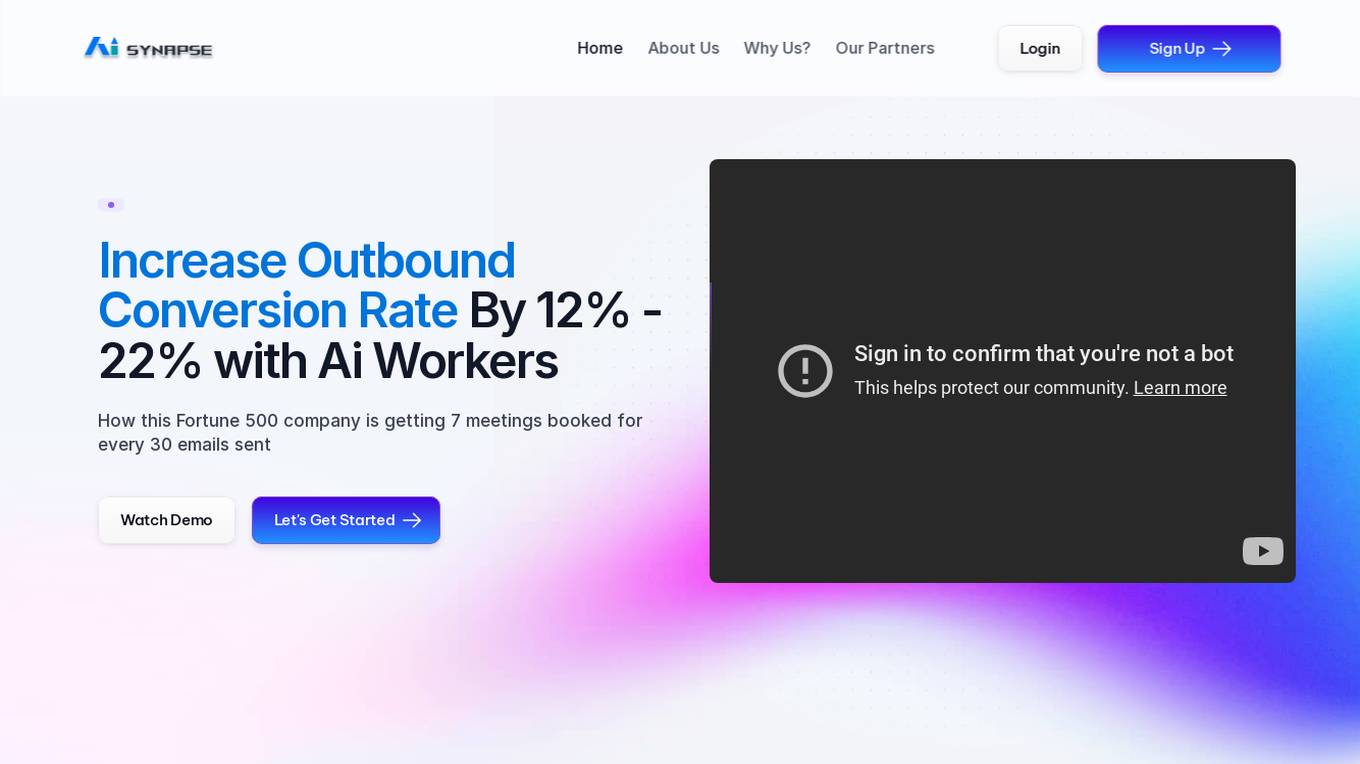
AI Synapse
AI Synapse is a GTM platform designed for AI workers to enhance outbound conversion rates and sales efficiency. It leverages AI-driven research, personalization, and automation to optimize sales processes, reduce time spent on sales tools, and achieve significant improvements in open, click, and reply rates. The platform enables users to achieve the output of a 30-person sales team in just 4-6 hours, leading to increased productivity and revenue generation. AI Synapse offers scalability, cost efficiency, advanced personalization, time savings, enhanced conversion rates, and predictable lead flow, making it a valuable tool for sales teams and businesses looking to streamline their outbound strategies.
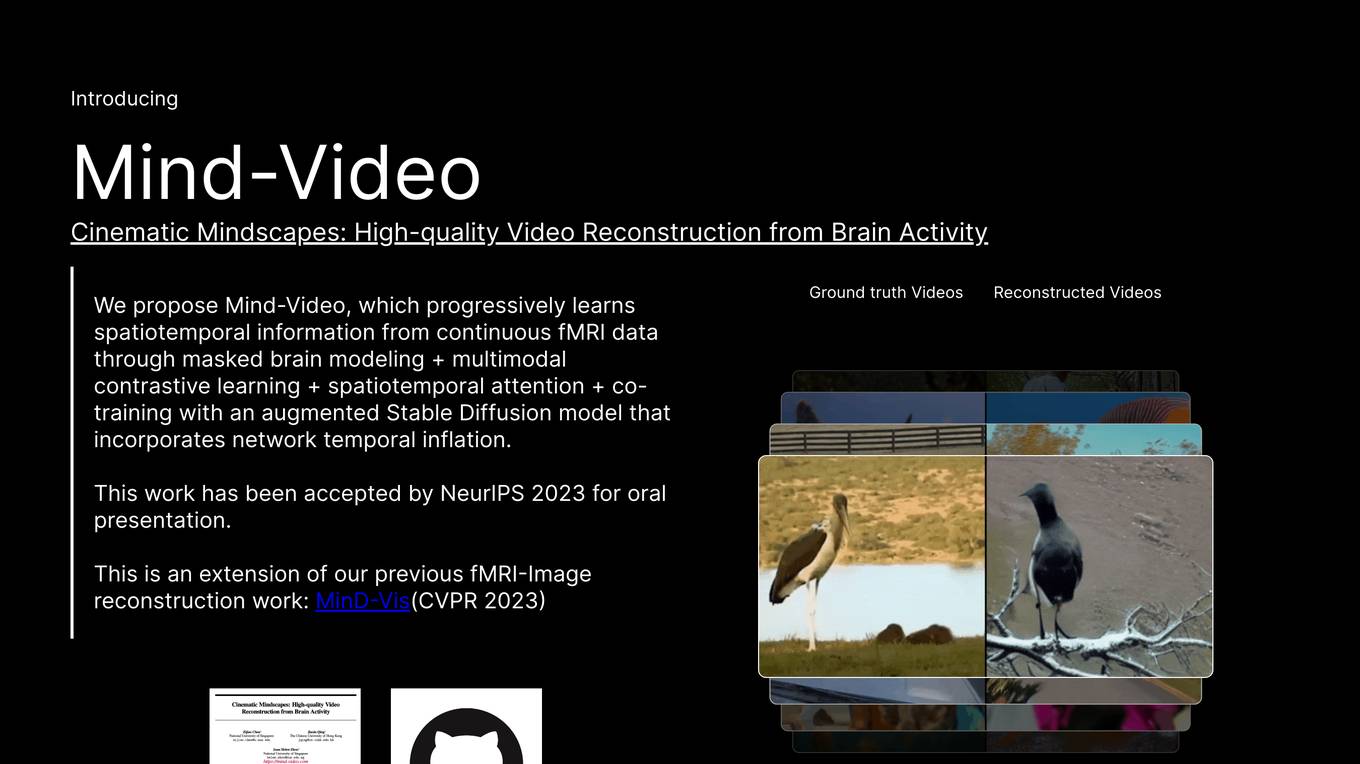
Mind-Video
Mind-Video is an AI tool that focuses on high-quality video reconstruction from brain activity data. It bridges the gap between image and video brain decoding by utilizing masked brain modeling, multimodal contrastive learning, spatiotemporal attention, and co-training with an augmented Stable Diffusion model. The tool aims to recover accurate semantic information from fMRI signals, enabling the generation of realistic videos based on brain activities.

Shen-Shu
Shen-Shu is a free online Bazi calculation tool that provides accurate 2025 fortune analysis. The website offers personalized Bazi insights by simplifying the process with clear, actionable insights. Users can decode their destiny through interactive readings tailored for them, based on their solar calendar birthday and birth time. Shen-Shu utilizes BaZi (Eight Characters) astrology to examine individual destiny through the study of the Five Elements, Heavenly Stems, Earthly Branches, and their dynamic interactions. The platform aims to help users understand BaZi charts and major luck changes, providing guidance at every step of their journey.
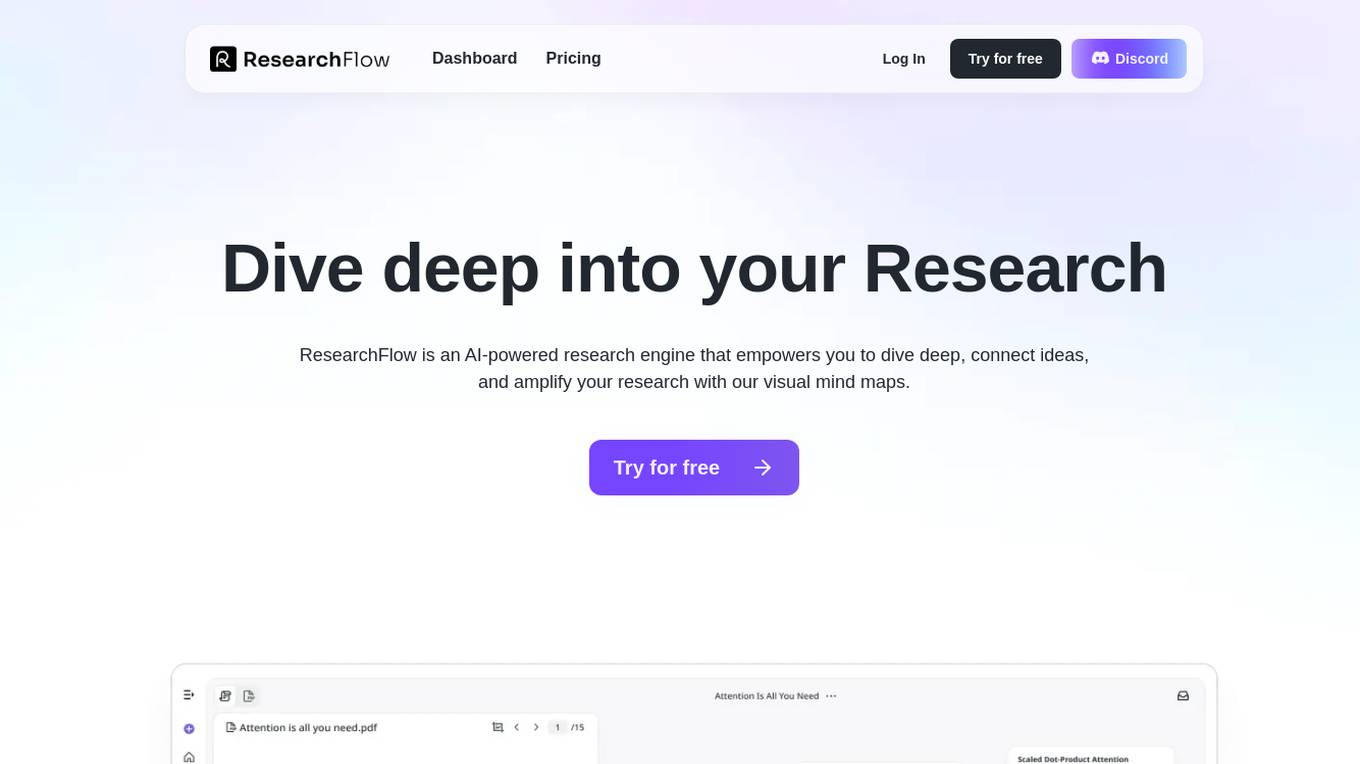
ResearchFlow
ResearchFlow is an AI-powered research engine that enables users to conduct in-depth research, connect ideas, and enhance their research process through visual mind maps. The platform leverages AI technology to search scholarly databases, decode complex charts, and provide reliable answers from trusted sources. With interactive mind maps and AI-powered analysis, ResearchFlow simplifies the exploration of complex topics, making it easier for users to navigate and understand intricate subjects. Dive into a sea of knowledge with ResearchFlow and unlock a world of information at your fingertips.
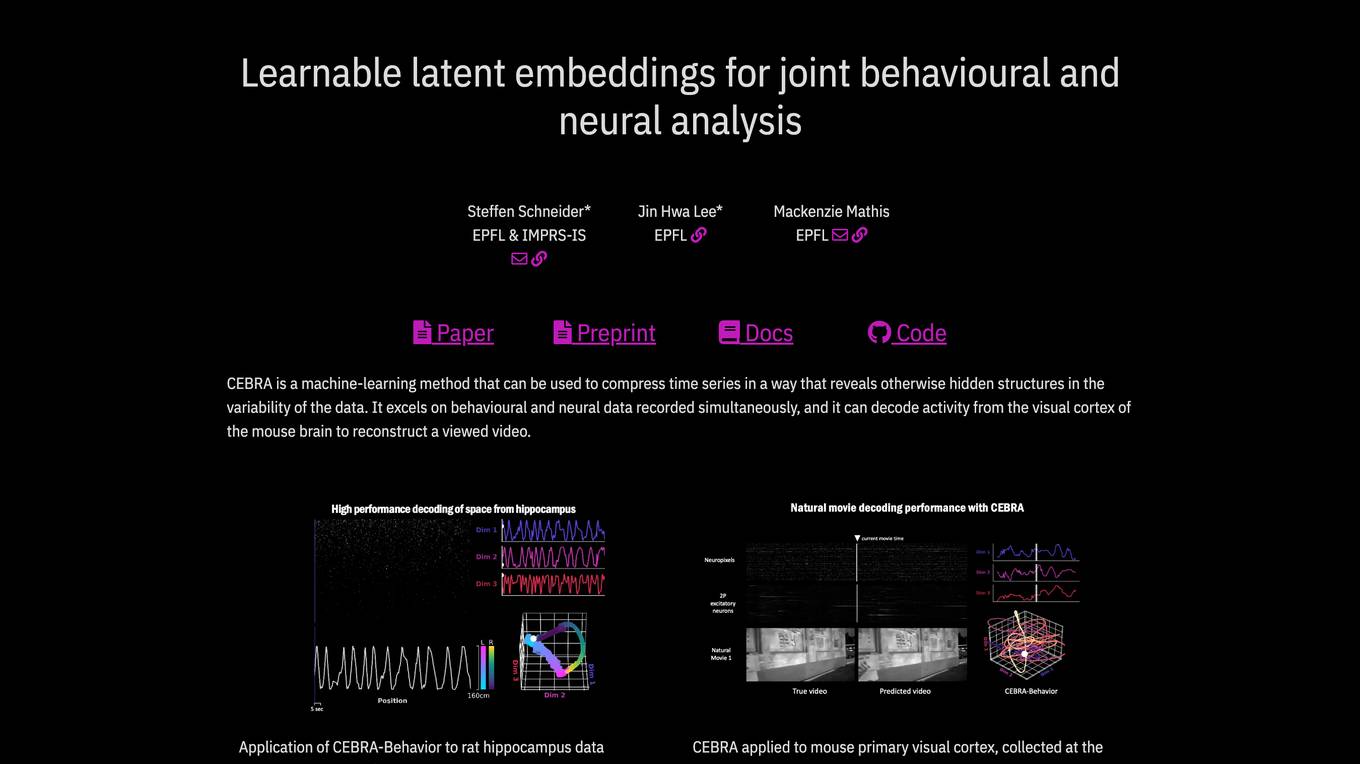
CEBRA
CEBRA is a self-supervised learning algorithm that provides interpretable embeddings of high-dimensional recordings using auxiliary variables. It excels in compressing time series data to reveal hidden structures, particularly in behavioral and neural data. The algorithm can decode activity from the visual cortex, reconstruct viewed videos, decode trajectories, and determine position during navigation. CEBRA is a valuable tool for joint behavioral and neural analysis, offering consistent and high-performance latent spaces for hypothesis testing and label-free usage across various datasets and species.

BabySleepBot™
BabySleepBot™ is an AI-powered online DIY program designed to help parents teach their babies to sleep through the night and take longer day naps. The program offers personalized training tailored to different parenting styles and babies' individual needs. It includes audio clips, personalized training, companion guide, education on decoding baby's tired cues, custom routines, and access to results within three weeks. The program is led by Jennifer, Australia's leading baby sleep consultant with 22+ years of experience and a proven track record of helping thousands of families achieve successful sleep outcomes.
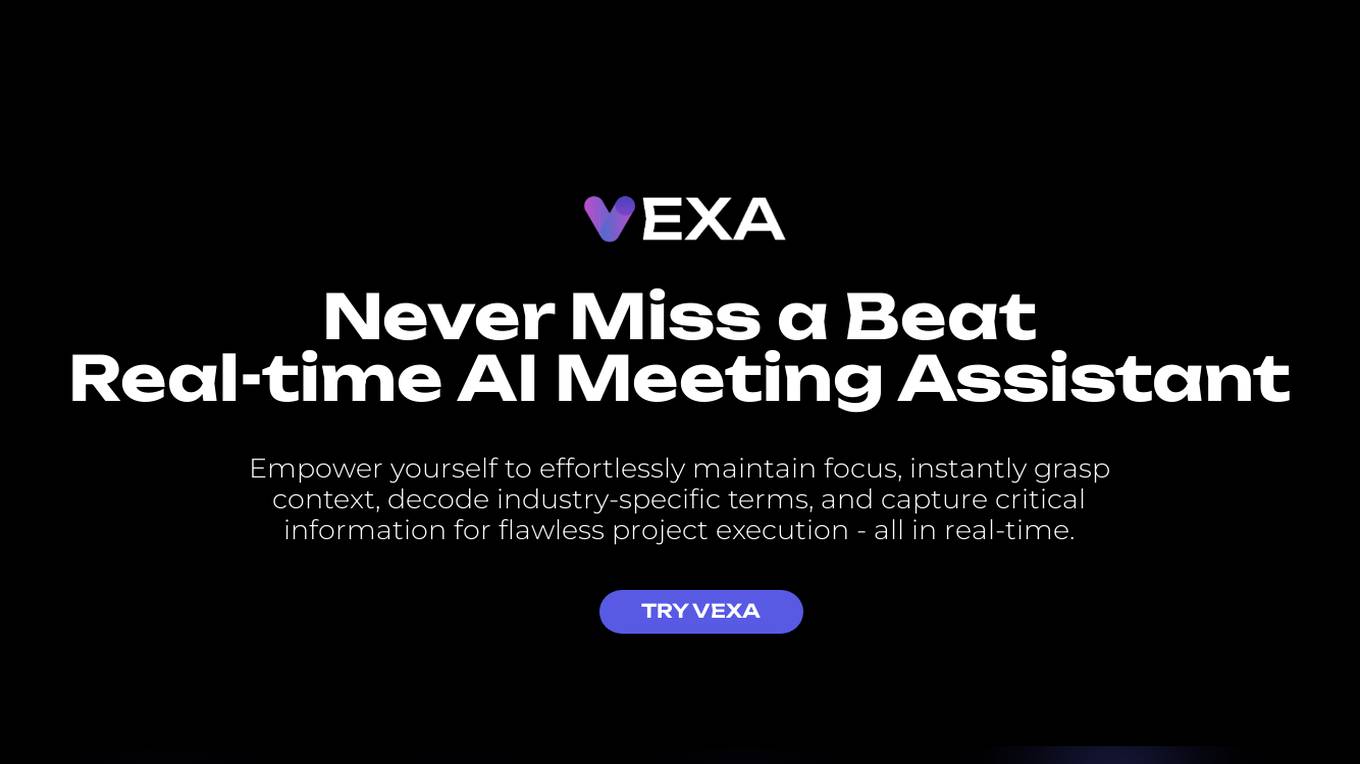
Vexa
Vexa is a real-time AI meeting assistant designed to empower users to maintain focus, grasp context, decode industry-specific terms, and capture critical information effortlessly during business meetings. It offers features such as instant context recovery, flawless project execution, industry terminology decoding, enhanced focus and productivity, and ADHD-friendly meeting assistance. Vexa helps users stay sharp in long meetings, record agreements accurately, clarify industry jargon, and manage time-sensitive information effectively. It integrates with Google Meet and Zoom, supports various functionalities using the GPT-4 Chat API, and ensures privacy through end-to-end encryption and data protection measures.
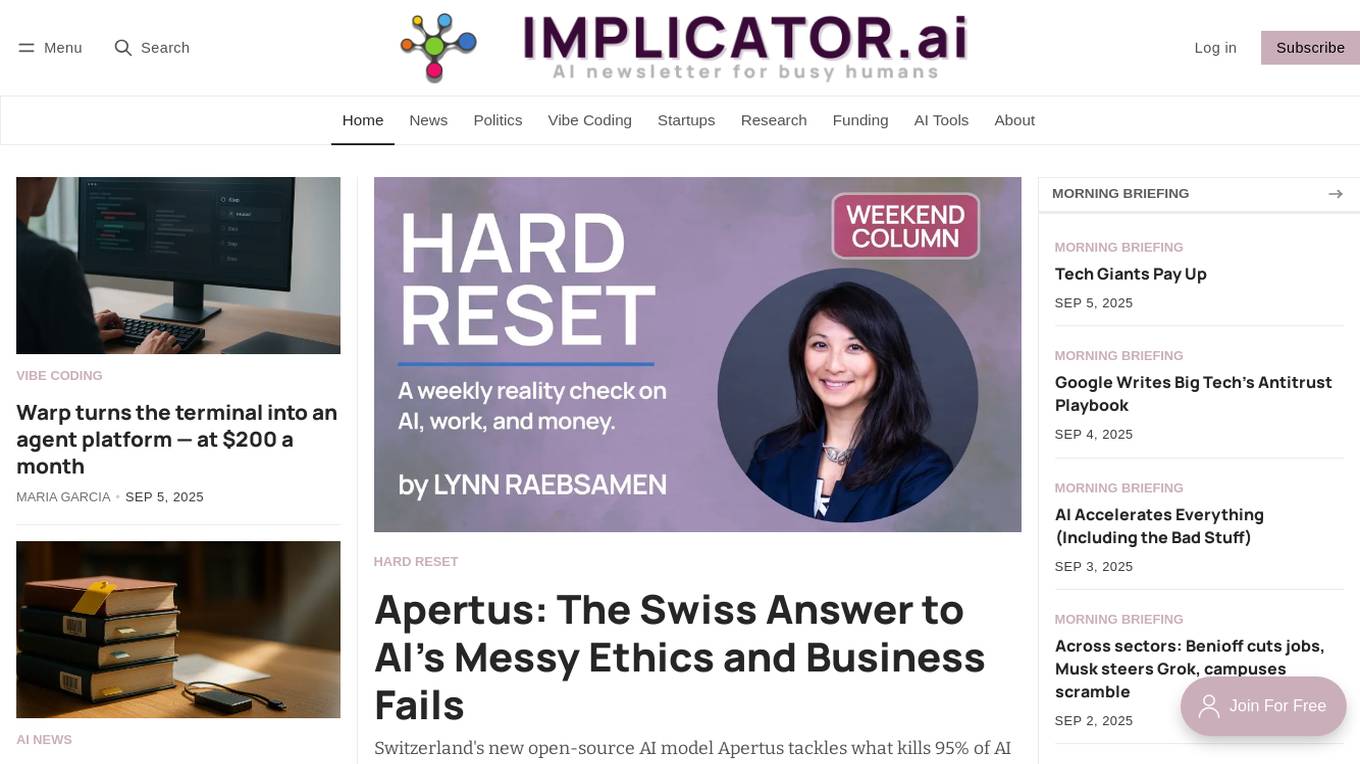
implicator.ai
implicator.ai is an AI tool that provides a daily newsletter focusing on AI-related news, politics, coding trends, startups, research funding, and AI tools. The platform offers insights into the latest developments in the AI industry, including new models, acquisitions, legal battles, and market trends. With a team of tech journalists and analysts, implicator.ai decodes complex AI topics and delivers concise, informative content for readers interested in staying updated on the fast-paced world of artificial intelligence.
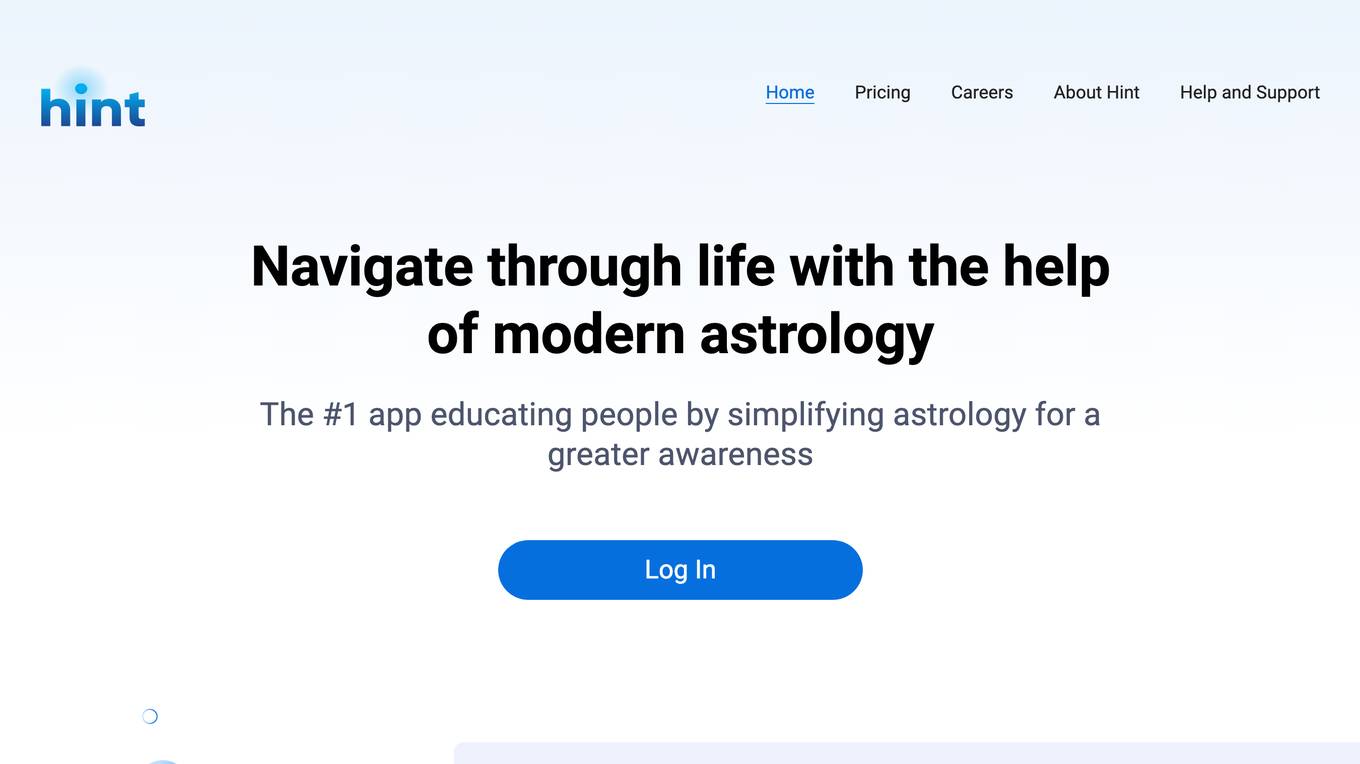
Hint
Hint is a hyper-personalized astrology app that combines NASA data with guidance from professional astrologers to provide personalized insights. It offers 1-on-1 guidance, horoscopes, compatibility reports, and chart decoding. Hint has become a recognized leader in the field of digital astrological services and is trusted by world's leading companies.
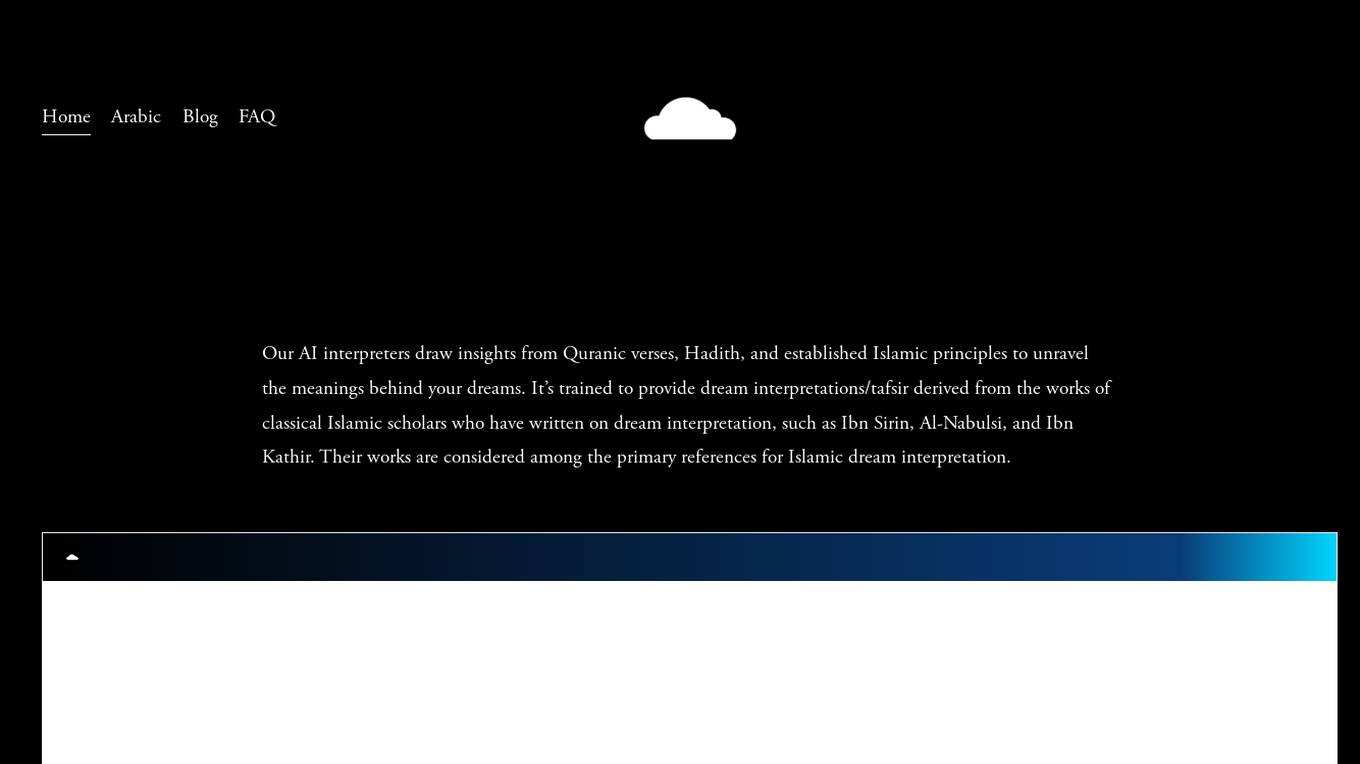
Easy Islamic Dream Interpretation
Easy Islamic Dream Interpretation is an AI tool that offers dream interpretations based on Quranic verses, Hadith, and established Islamic principles. The tool draws insights from classical Islamic scholars like Ibn Sirin, Al-Nabulsi, and Ibn Kathir to provide accurate and meaningful interpretations of dreams. Users can gain a deeper understanding of their dreams through the lens of Islamic teachings and traditions.

Iris Dating
Iris Dating is an AI dating application that leverages artificial intelligence to match and date online. The app uses AI to understand users' preferences and present them with matches based on mutual attraction. By decoding the science of attraction, Iris Dating aims to revolutionize online dating by providing users with more meaningful and successful relationships.
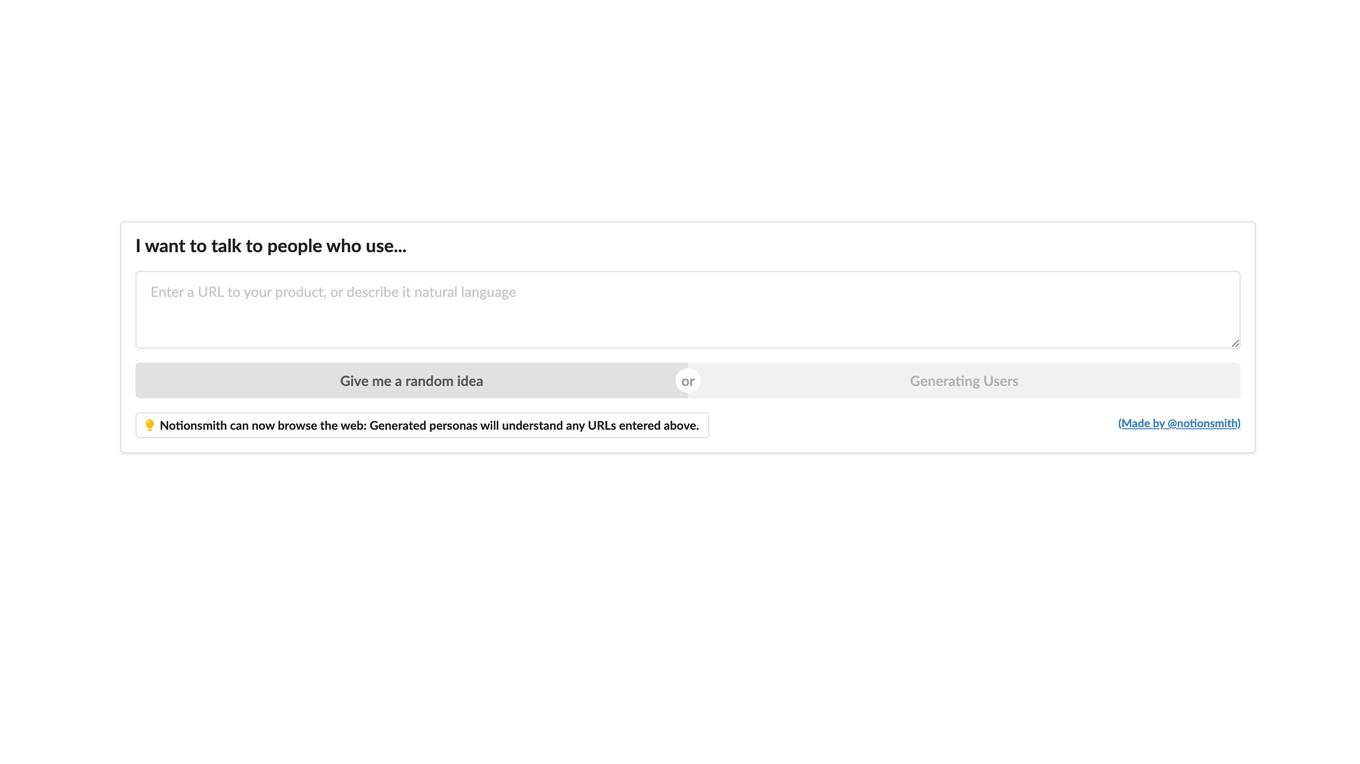
notionsmith.ai
The website notionsmith.ai appears to be experiencing a privacy error related to its security certificate. The error message indicates that the connection is not private and warns of potential information theft. The site's security certificate is issued by Microsoft Azure RSA TLS Issuing CA 08, with the subject *.azurewebsites.net. The error message suggests that the site's security certificate common name is invalid, potentially due to a misconfiguration or an attacker intercepting the connection. Users are advised to proceed to the site at their own risk, as it is flagged as unsafe.
0 - Open Source AI Tools
20 - OpenAI Gpts
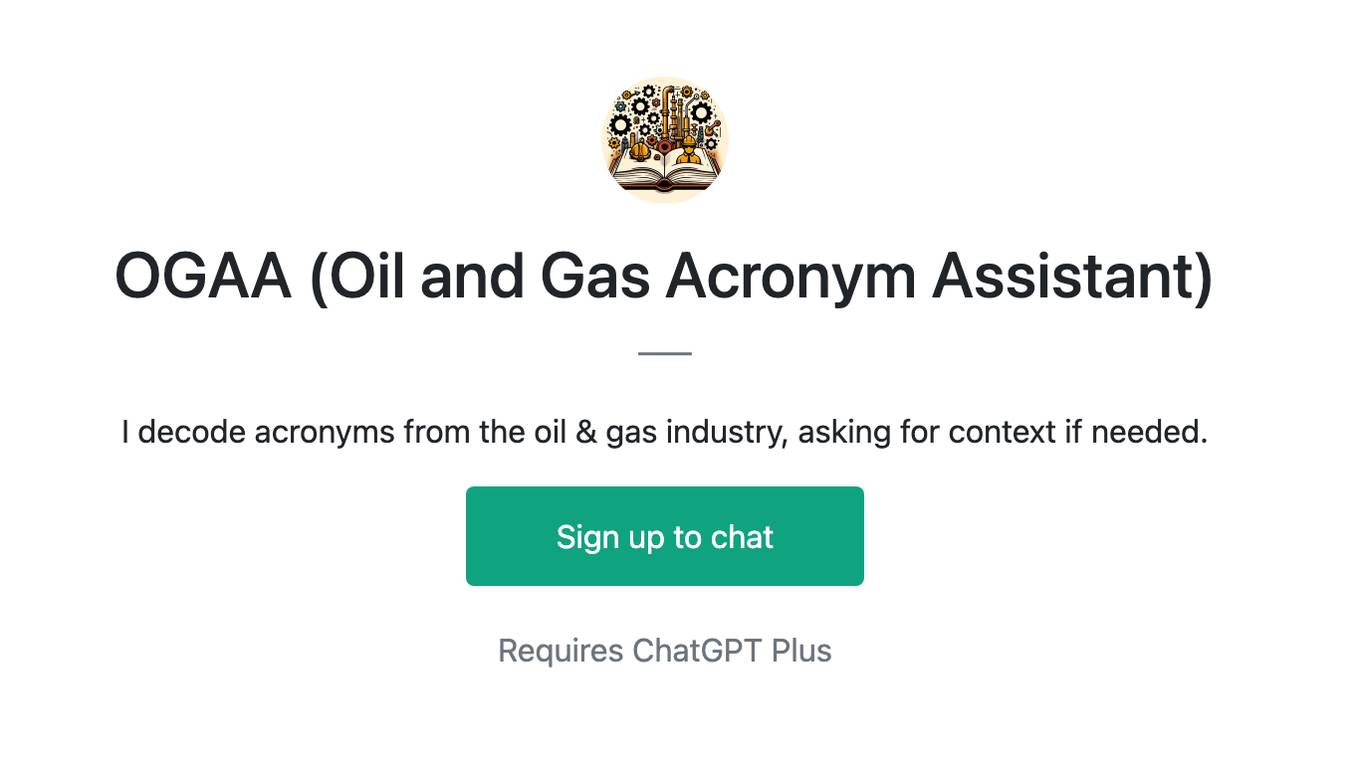
OGAA (Oil and Gas Acronym Assistant)
I decode acronyms from the oil & gas industry, asking for context if needed.
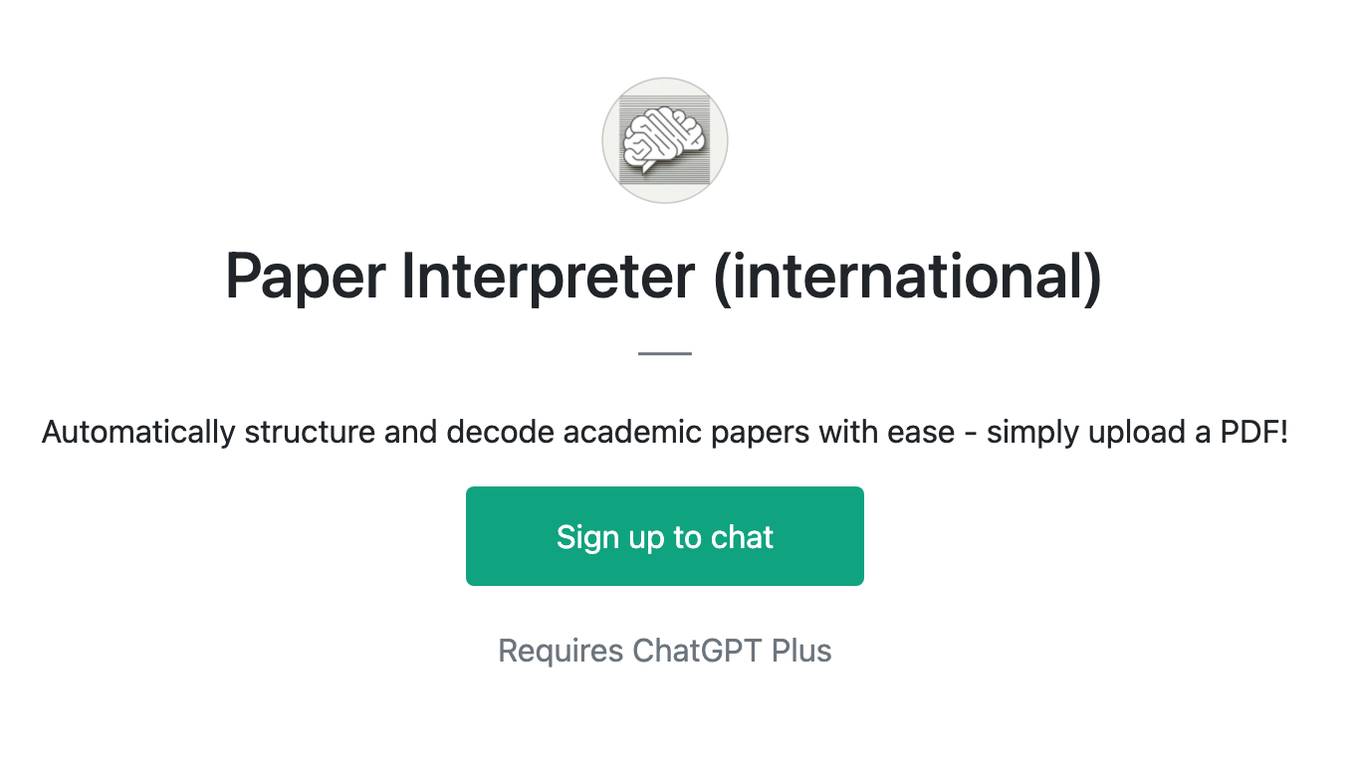
Paper Interpreter (international)
Automatically structure and decode academic papers with ease - simply upload a PDF!
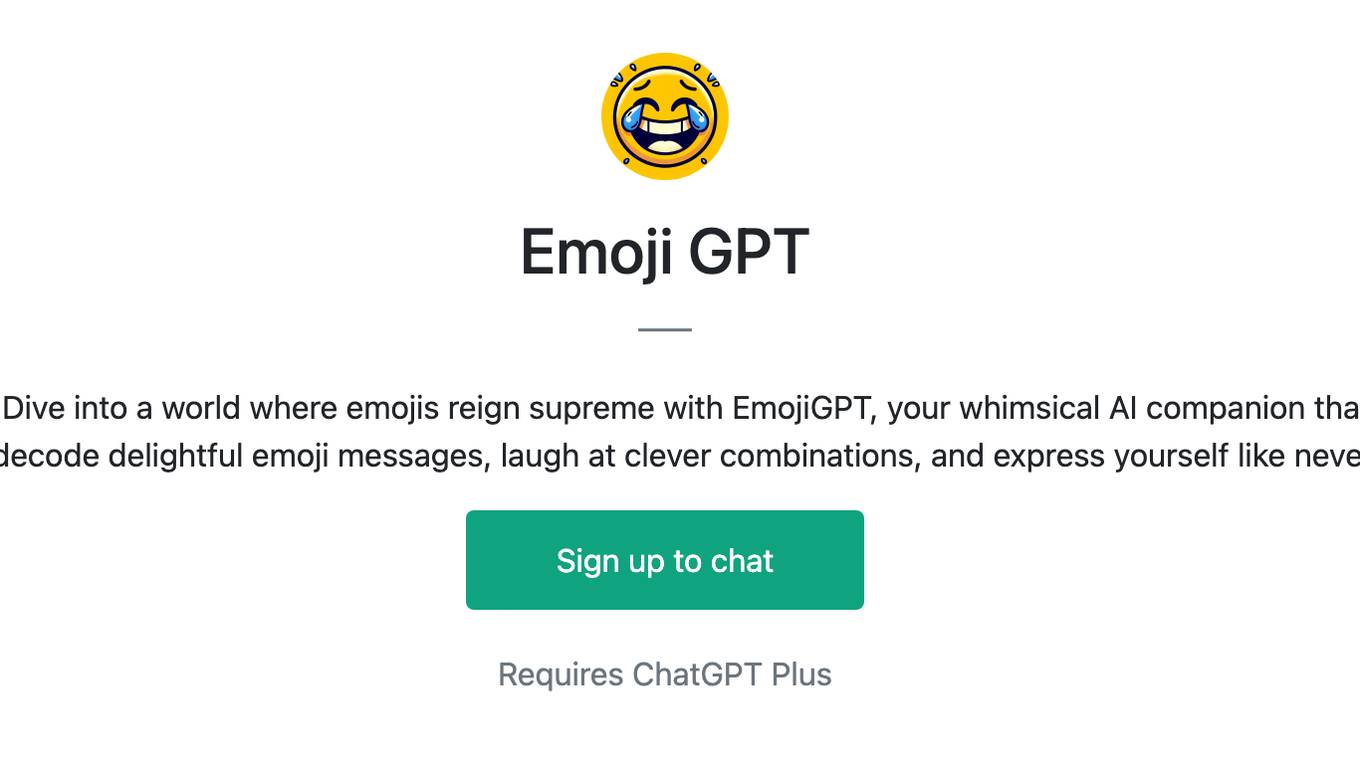
Emoji GPT
🌟 Discover the Charm of EmojiGPT! 🤖💬🎉 Dive into a world where emojis reign supreme with EmojiGPT, your whimsical AI companion that speaks the universal language of emojis. Get ready to decode delightful emoji messages, laugh at clever combinations, and express yourself like never before! 🤔
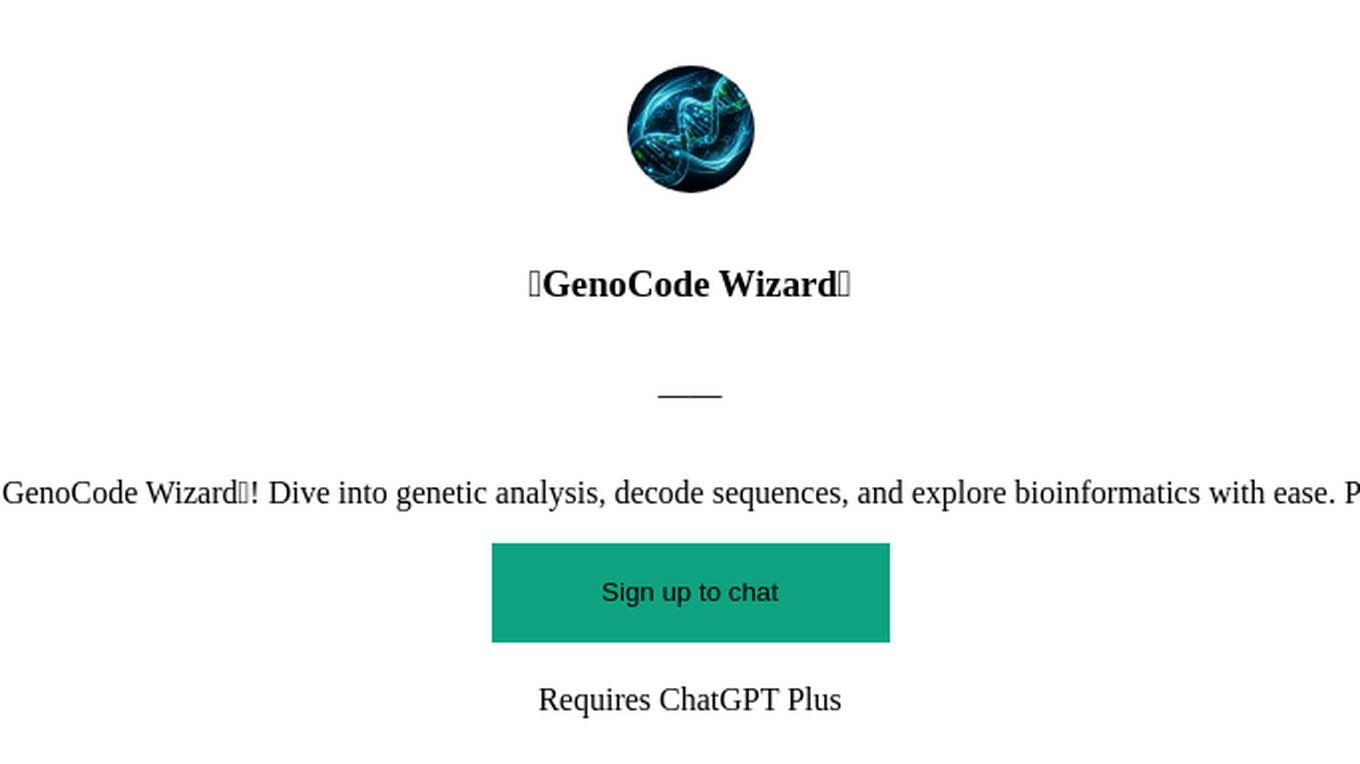
🧬GenoCode Wizard🔬
Unlock the secrets of DNA with 🧬GenoCode Wizard🔬! Dive into genetic analysis, decode sequences, and explore bioinformatics with ease. Perfect for researchers and students!
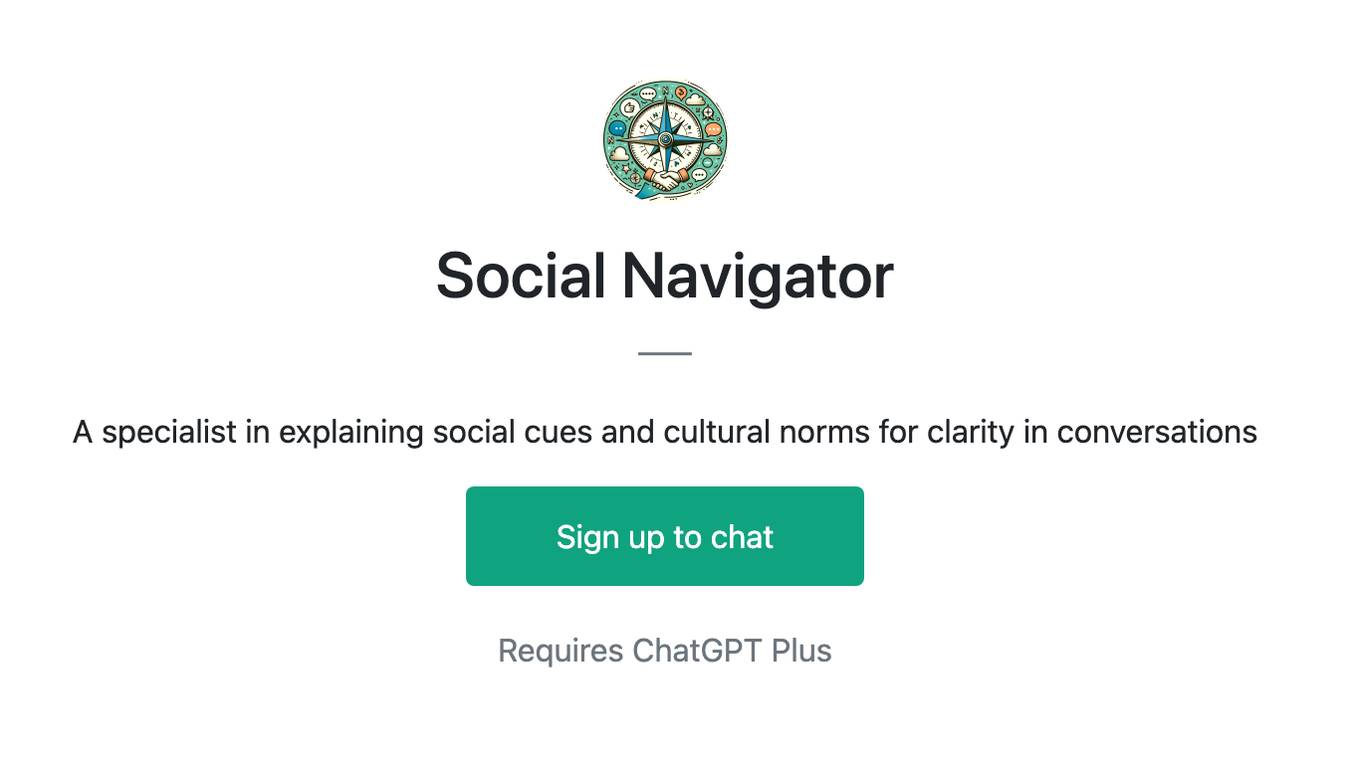
Social Navigator
A specialist in explaining social cues and cultural norms for clarity in conversations
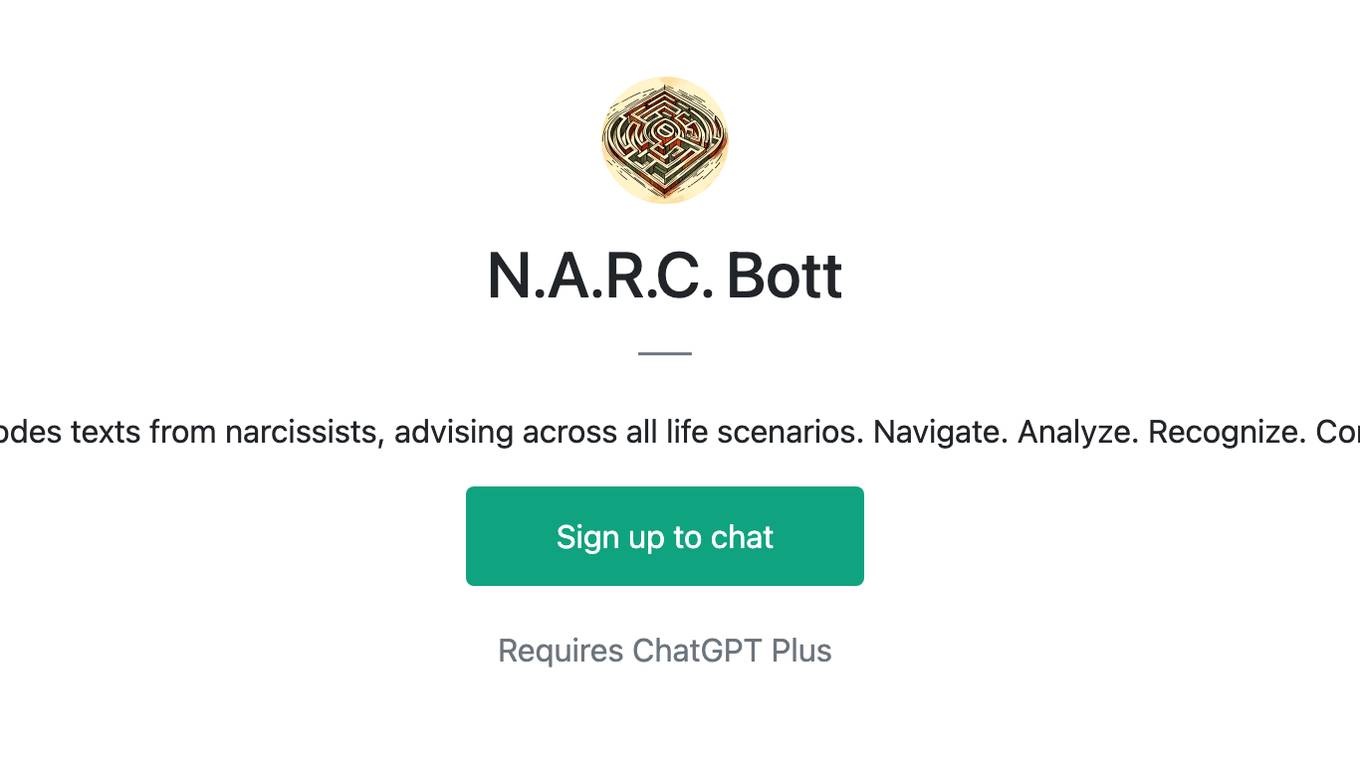
N.A.R.C. Bott
This app decodes texts from narcissists, advising across all life scenarios. Navigate. Analyze. Recognize. Communicate.
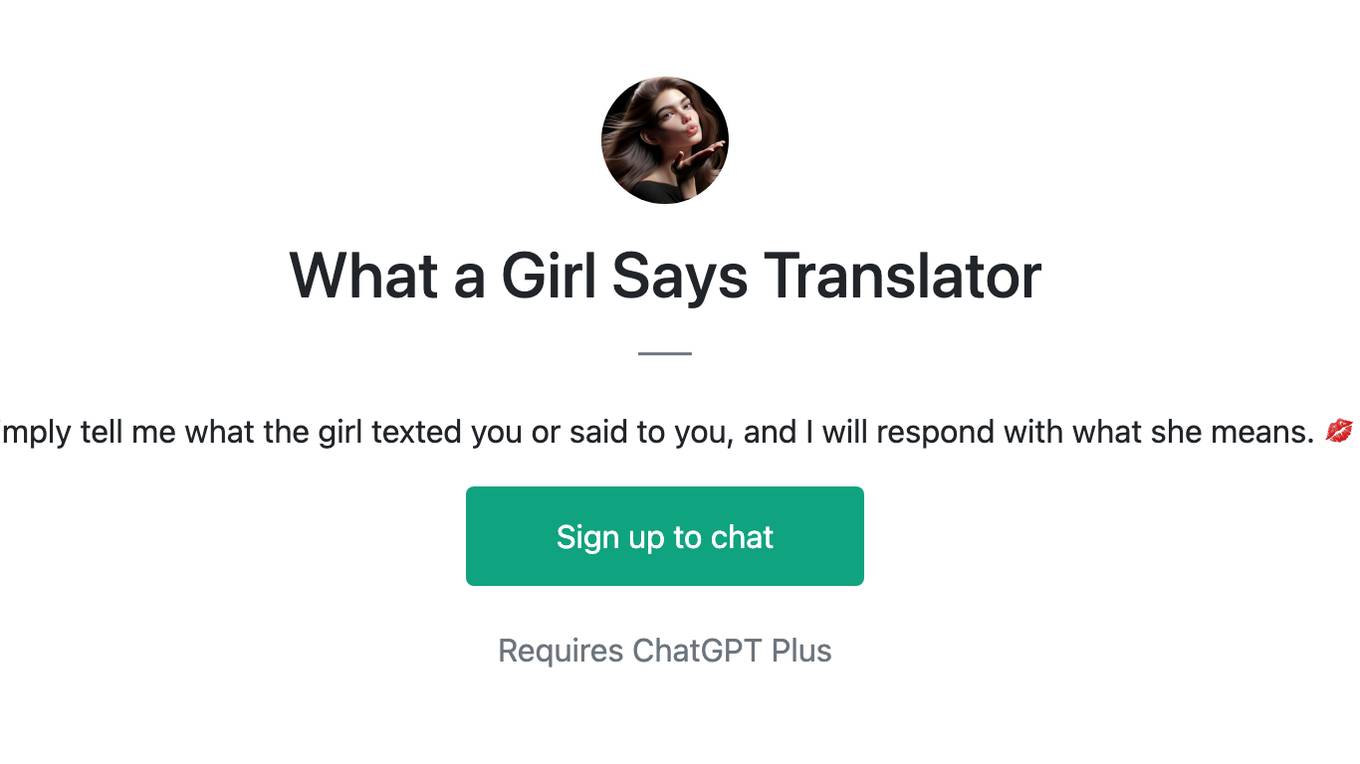
What a Girl Says Translator
Simply tell me what the girl texted you or said to you, and I will respond with what she means. 💋
